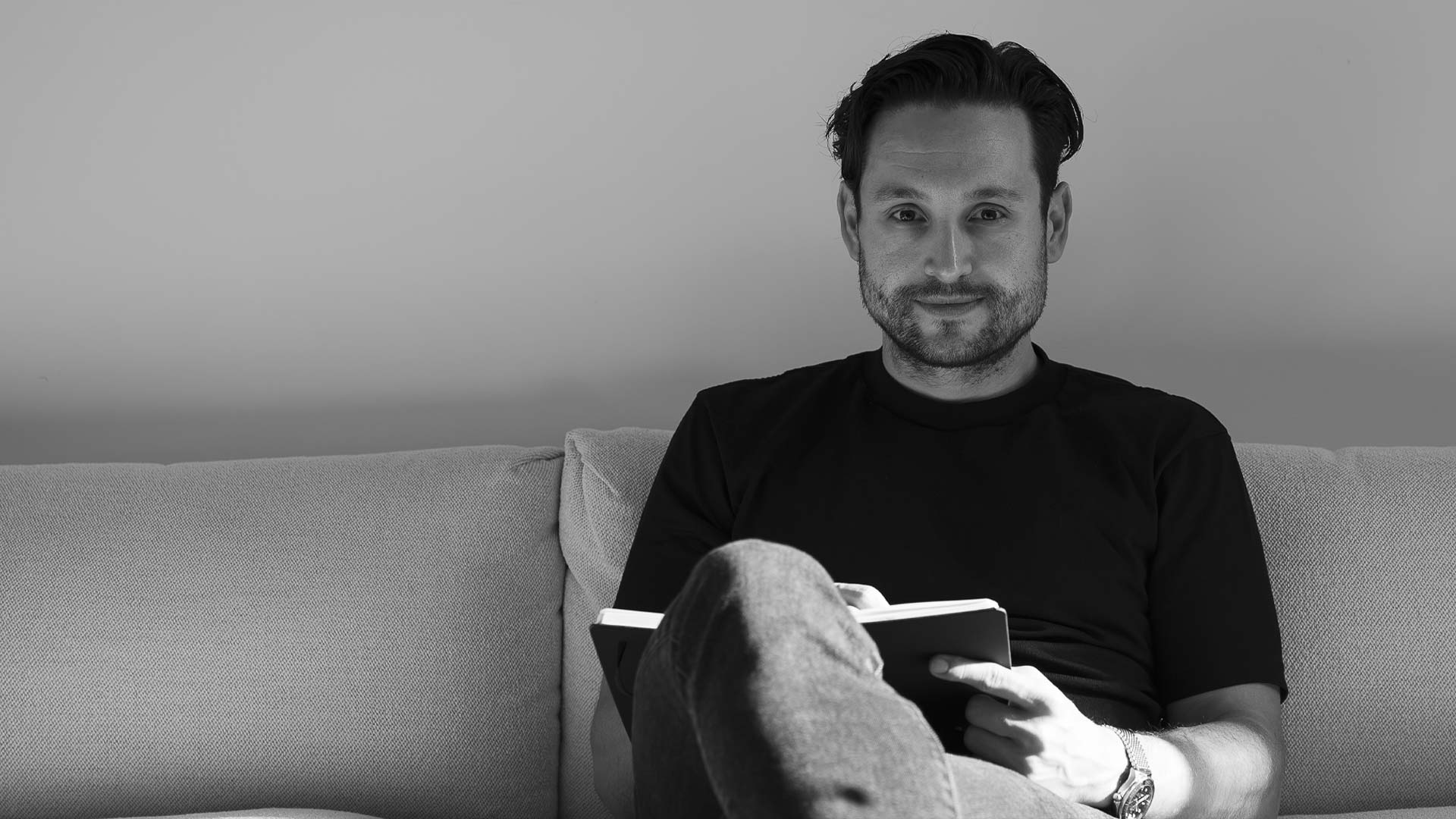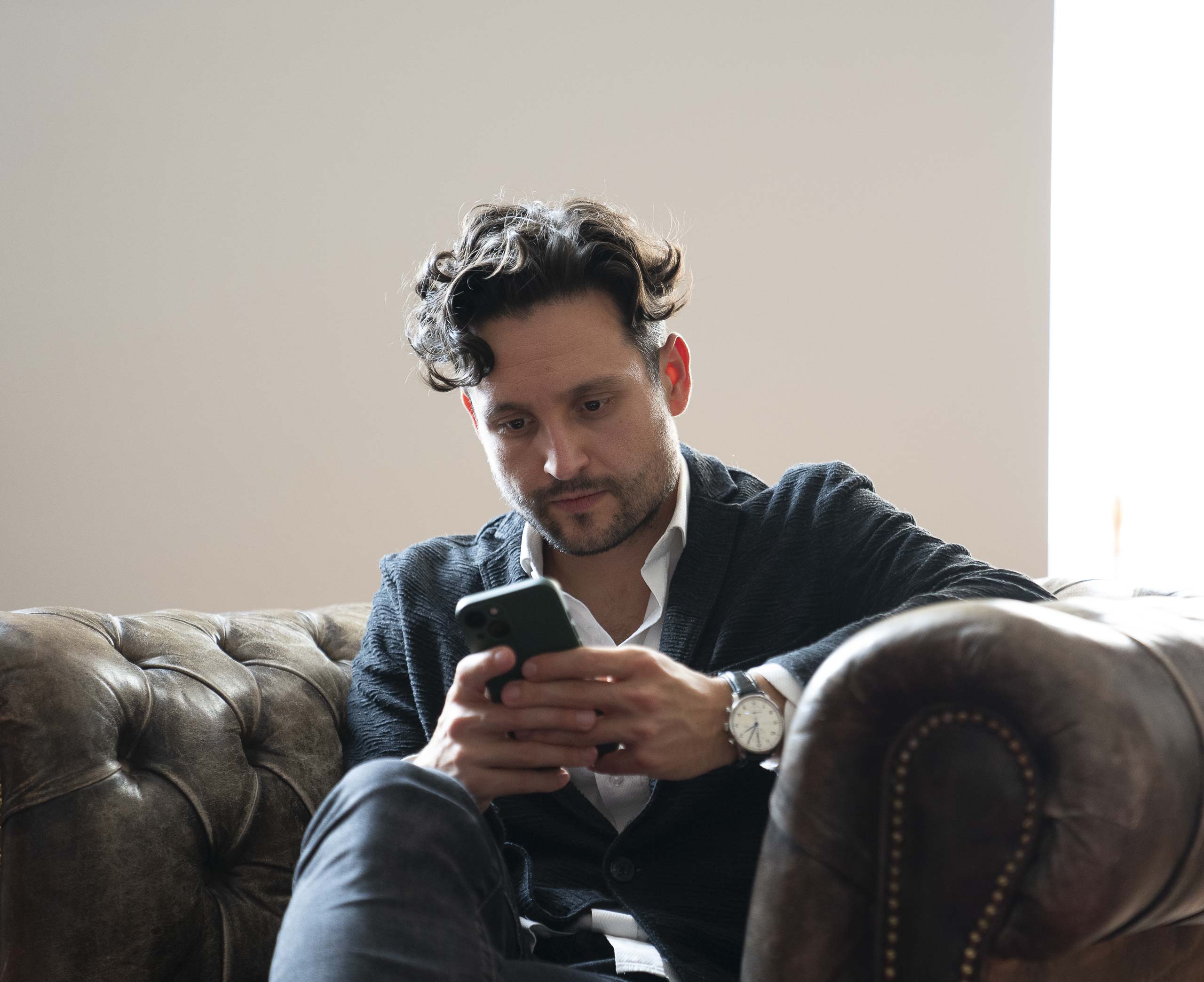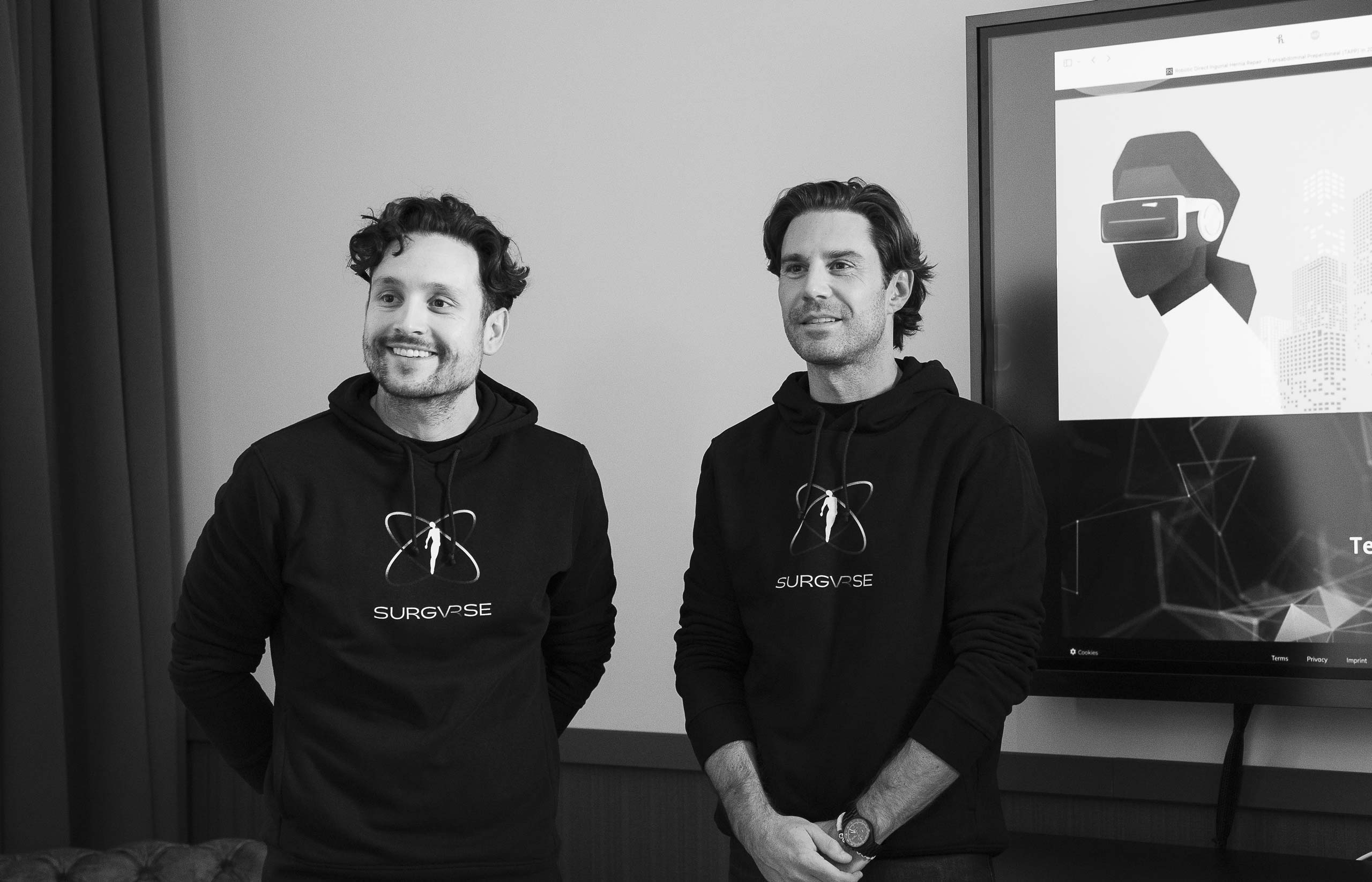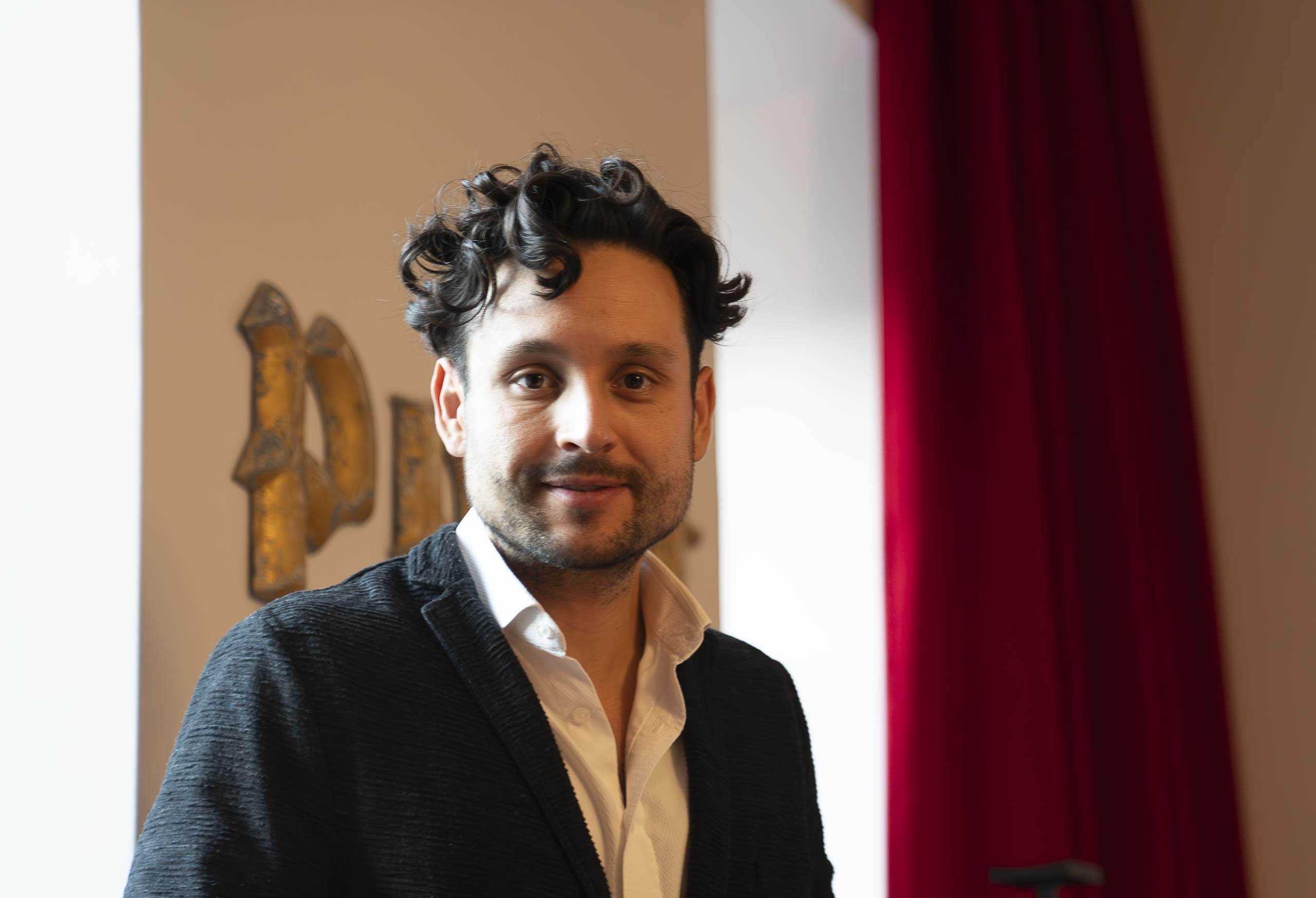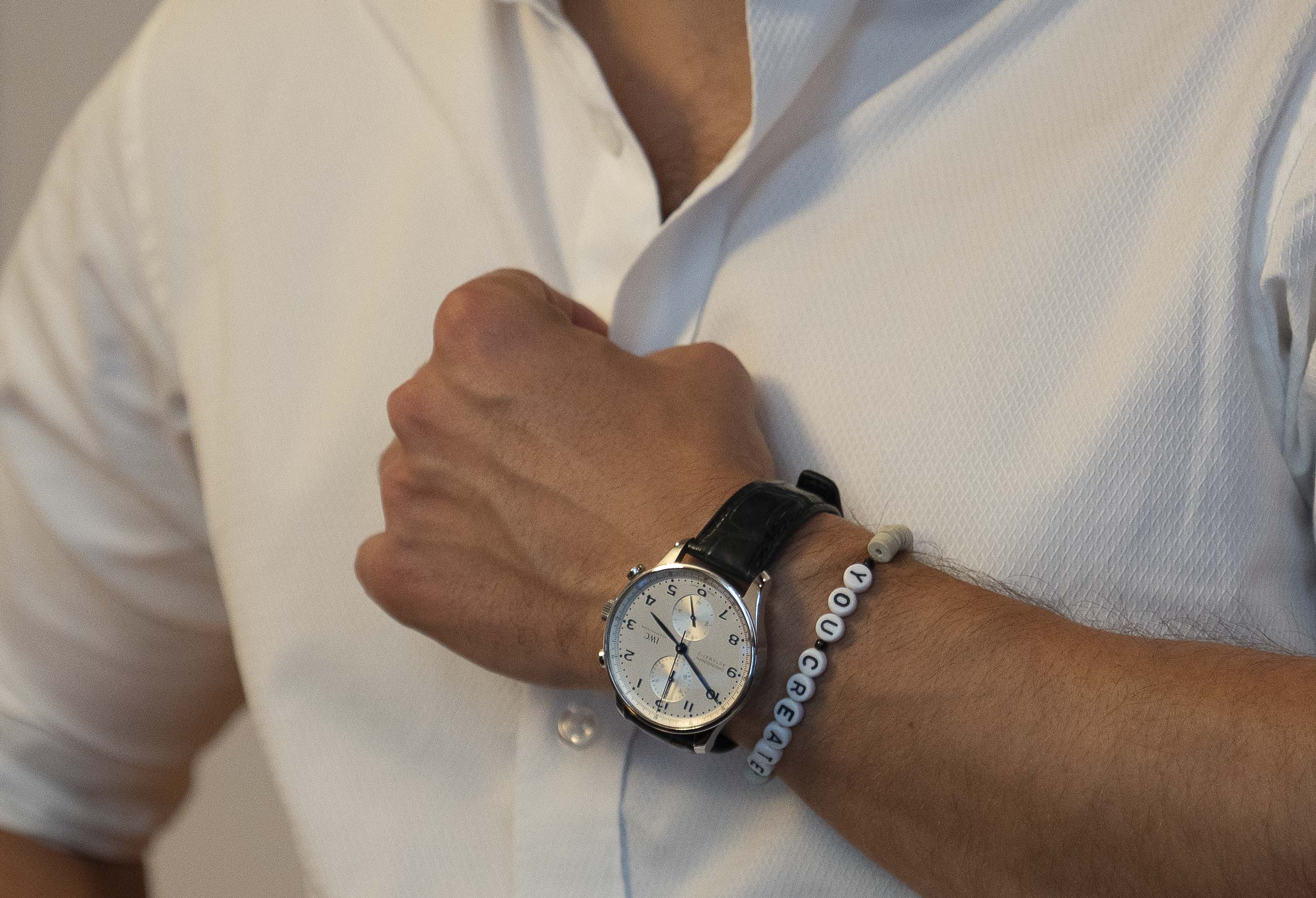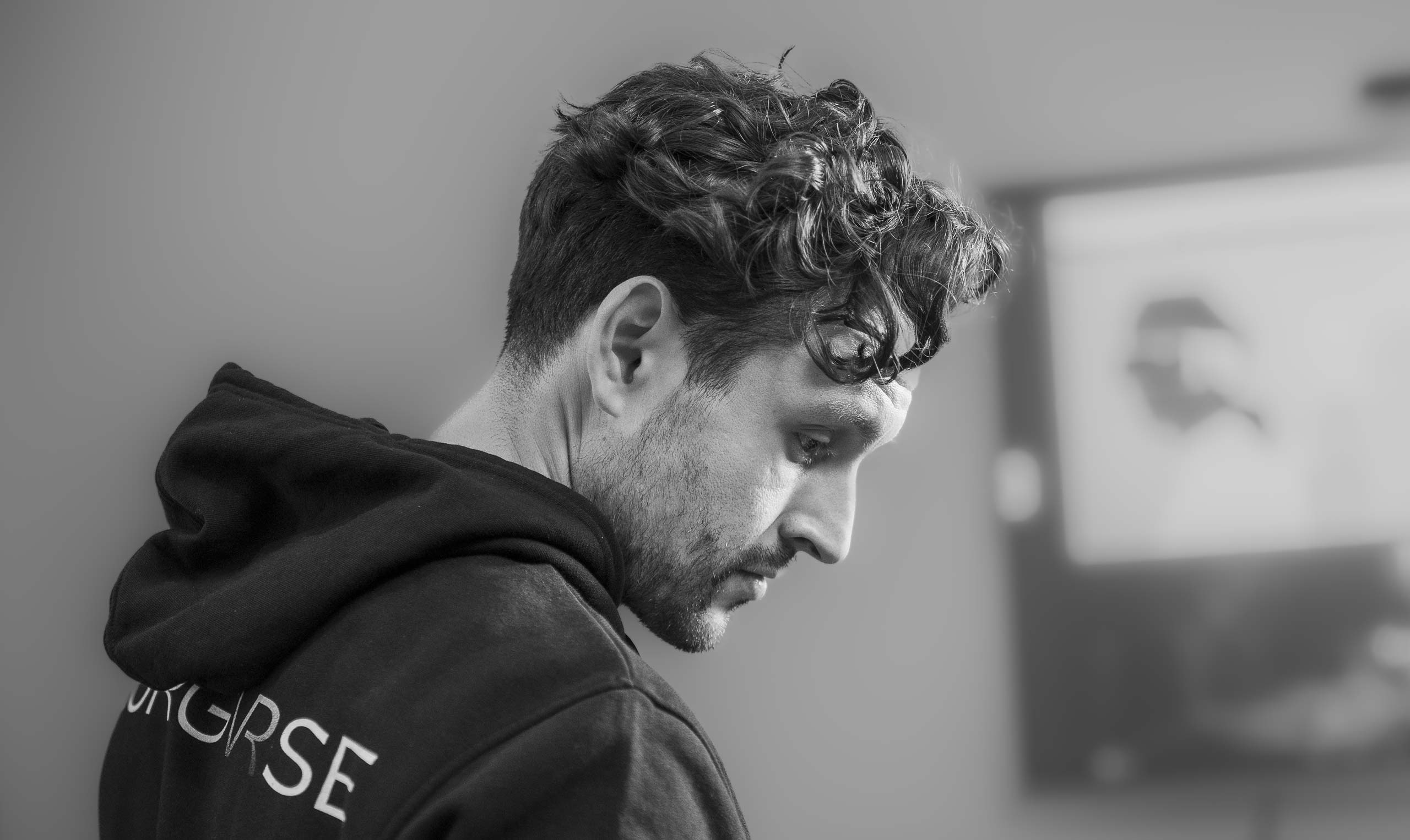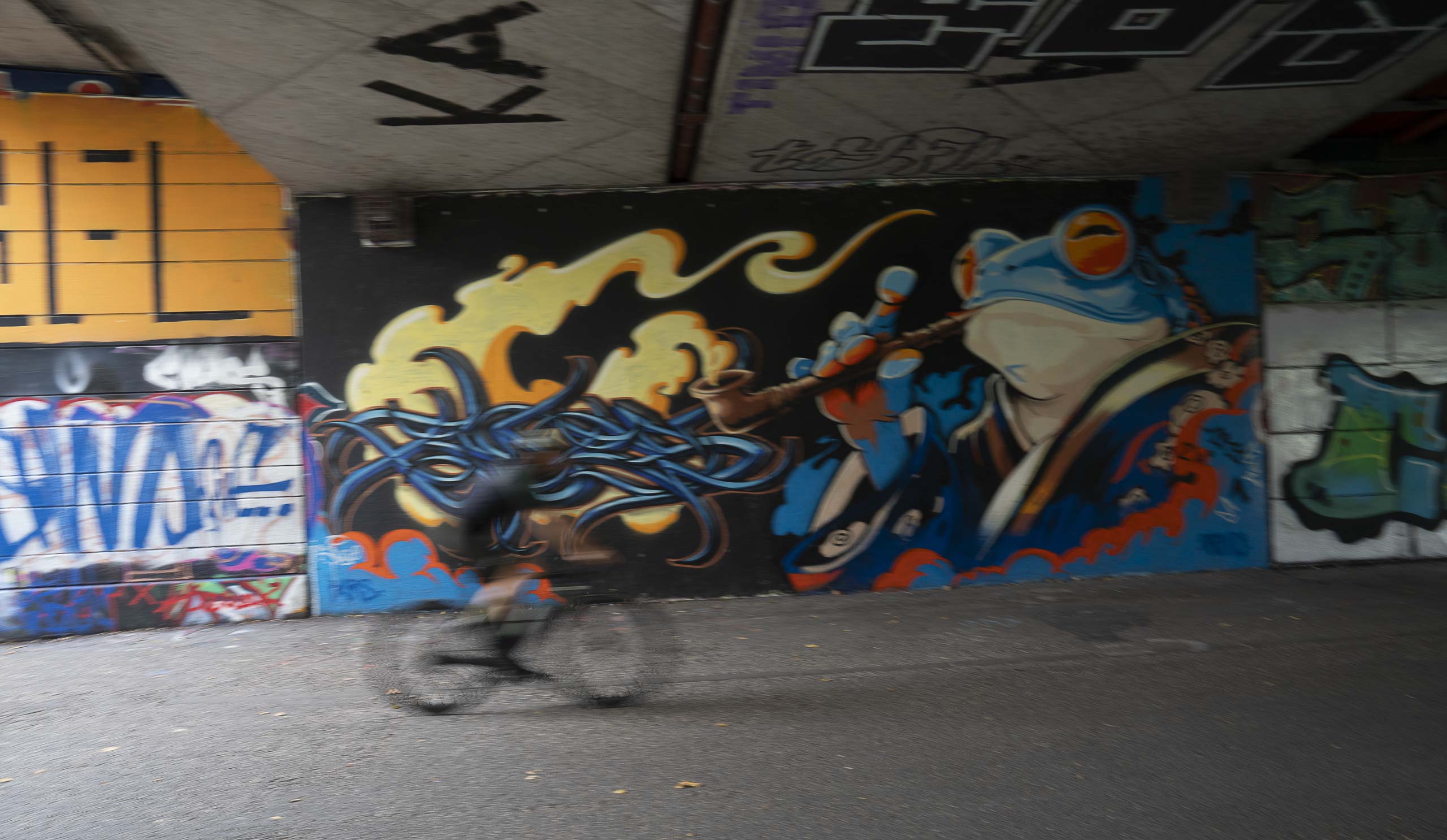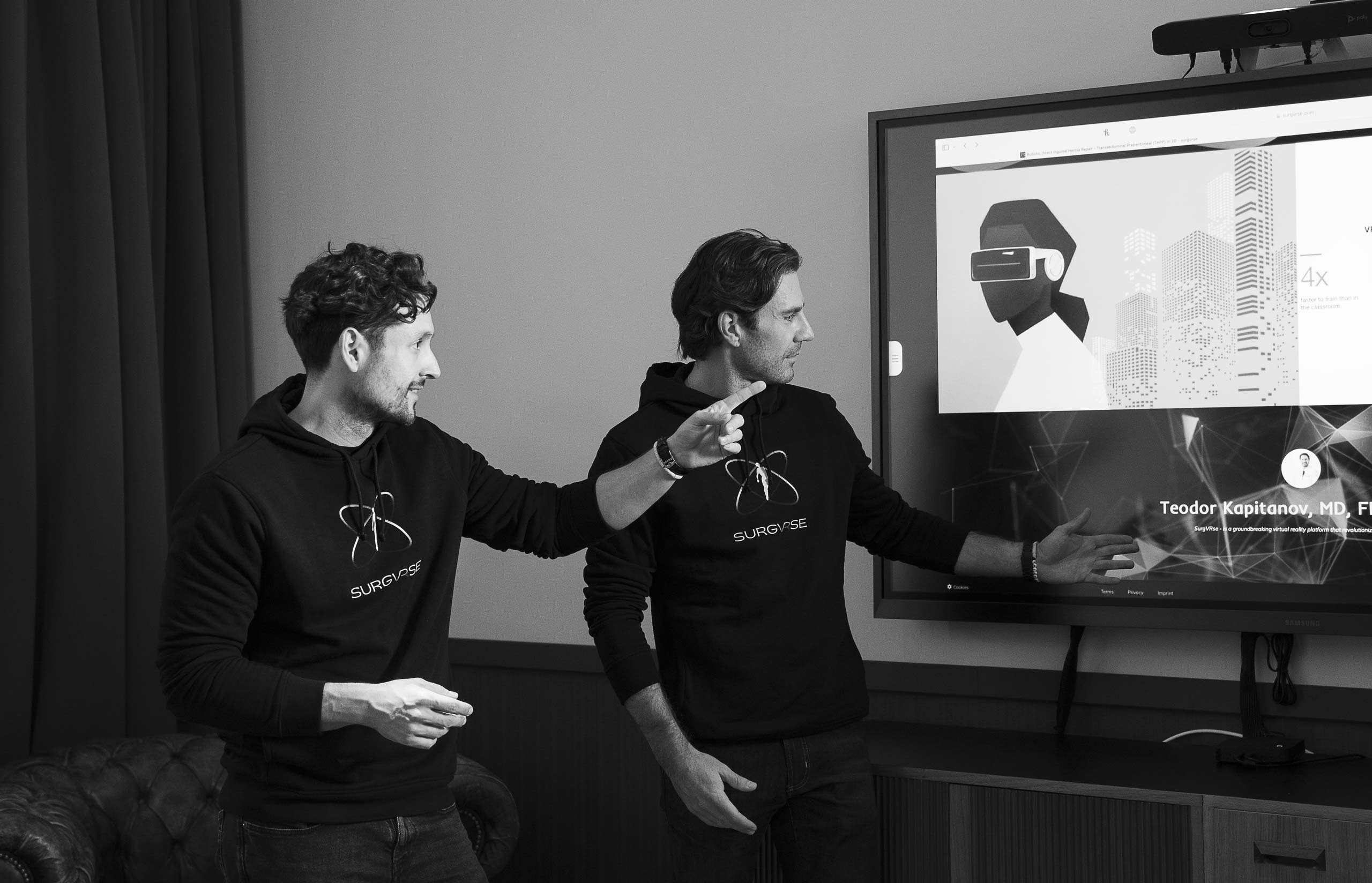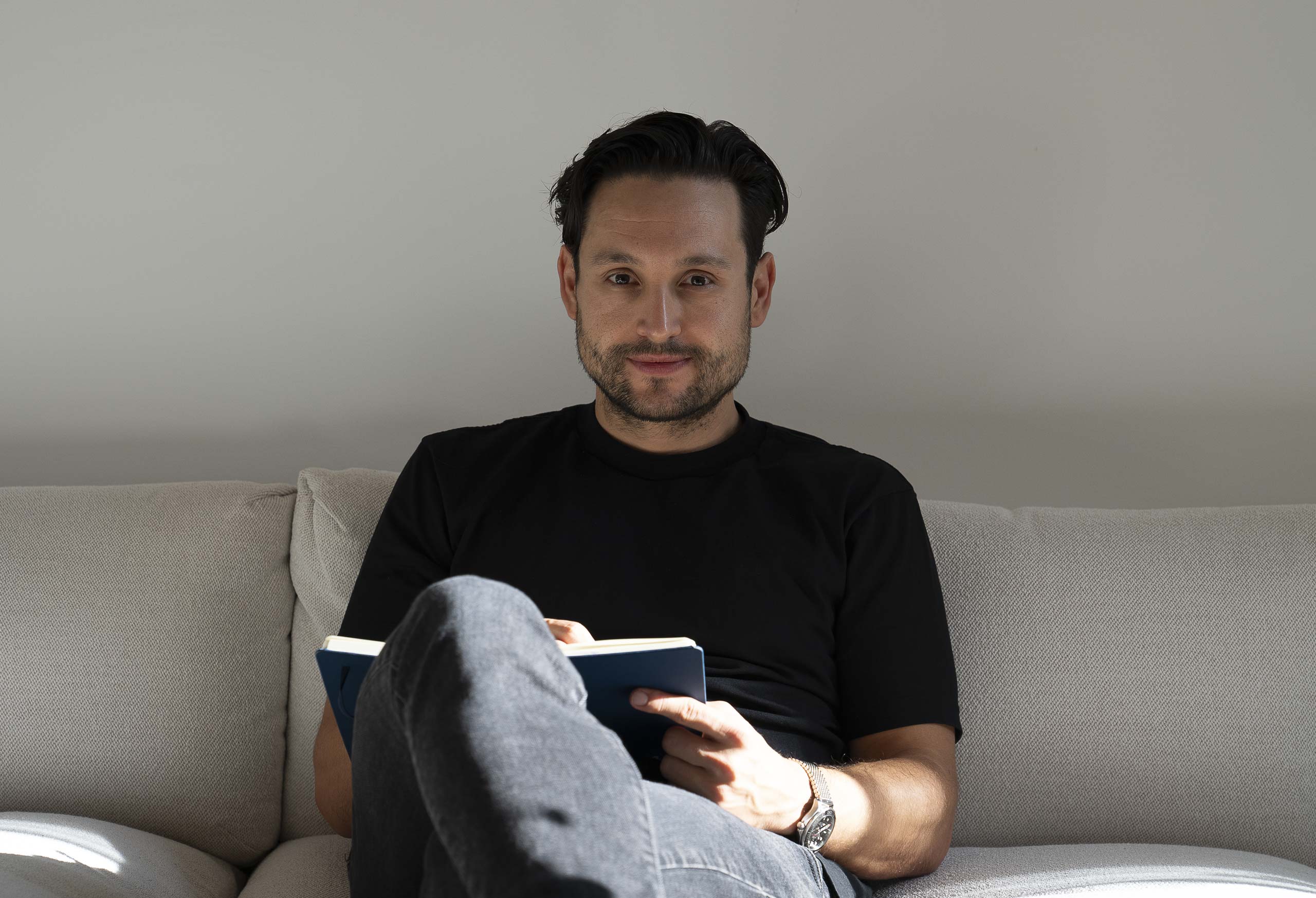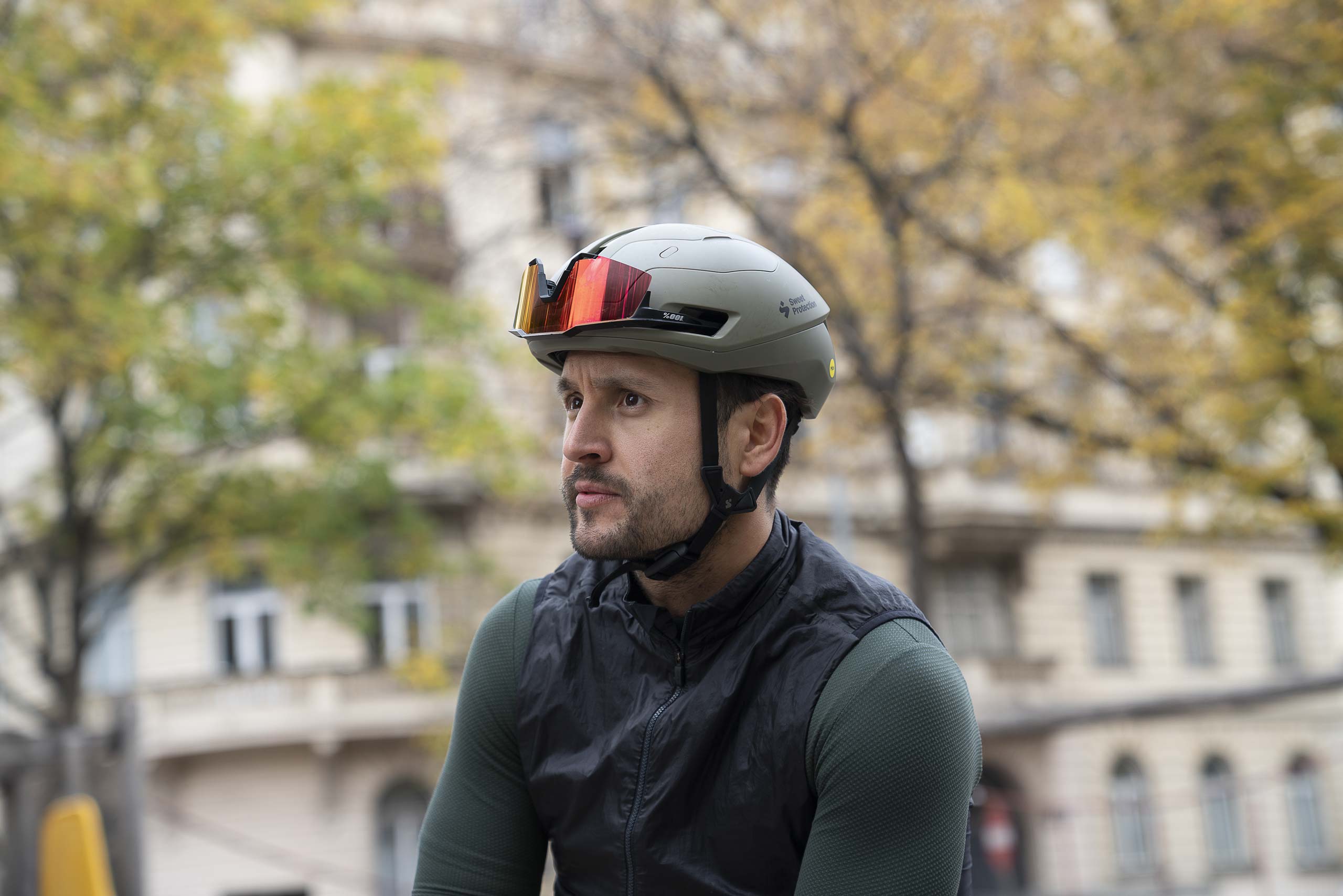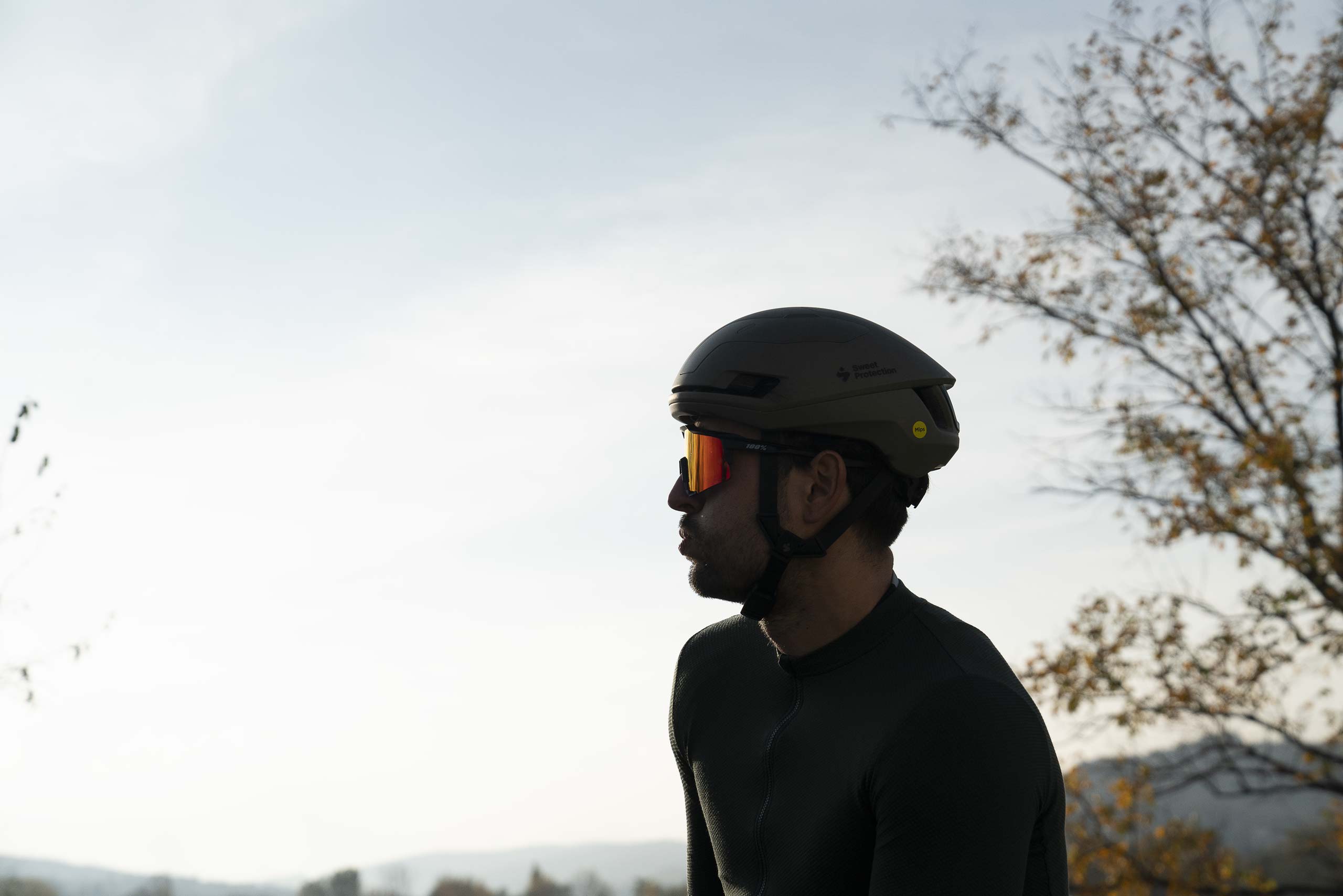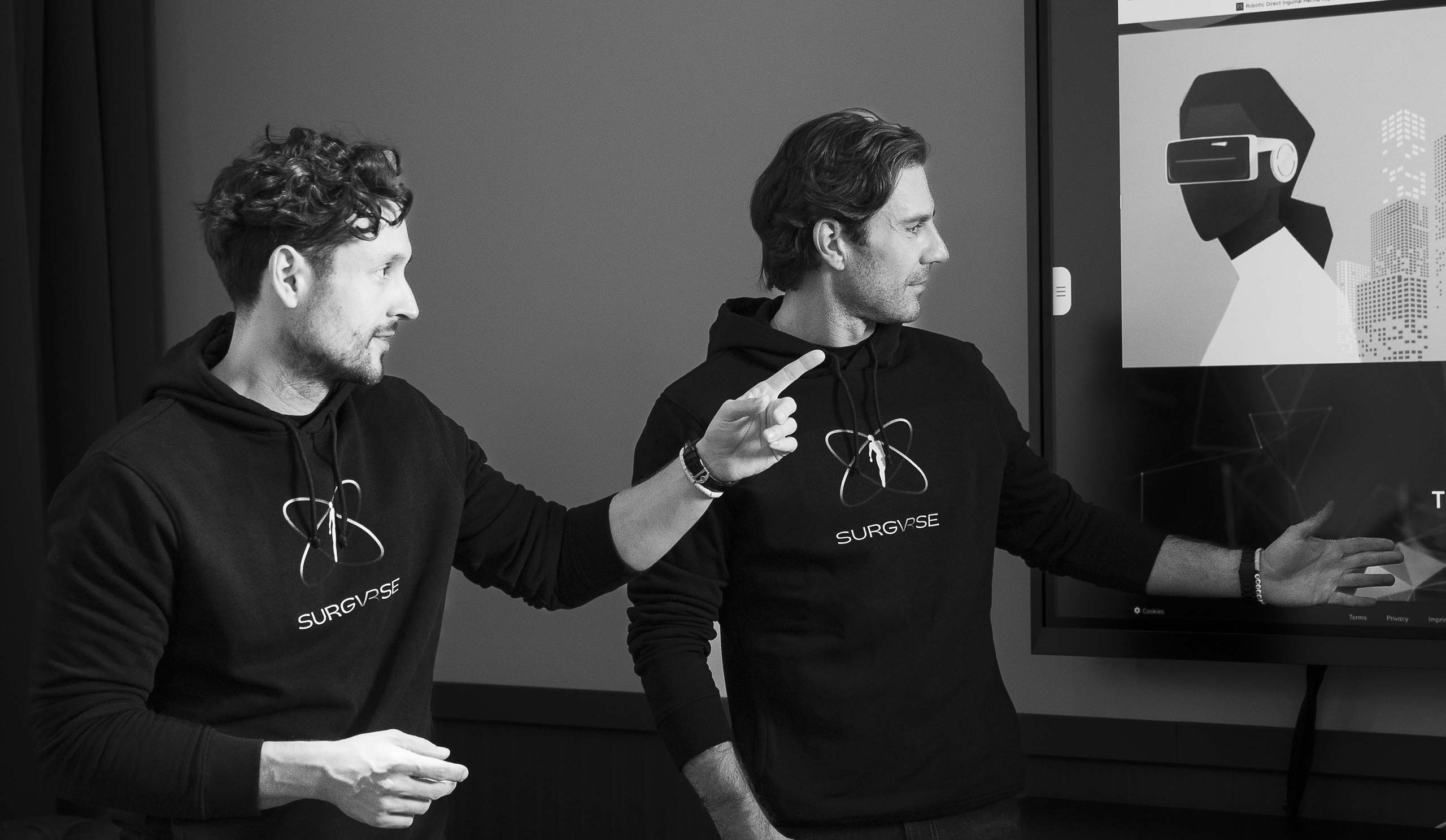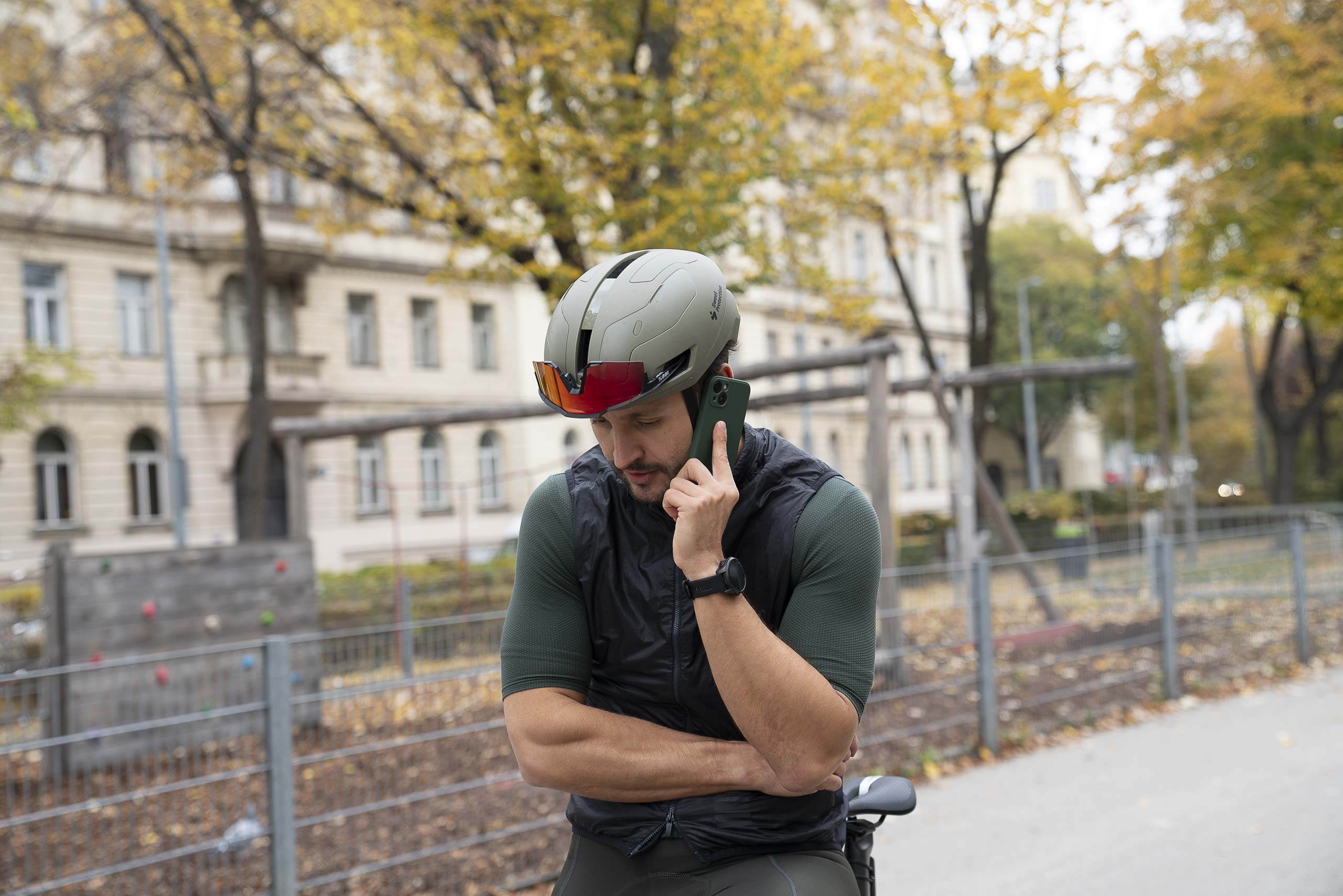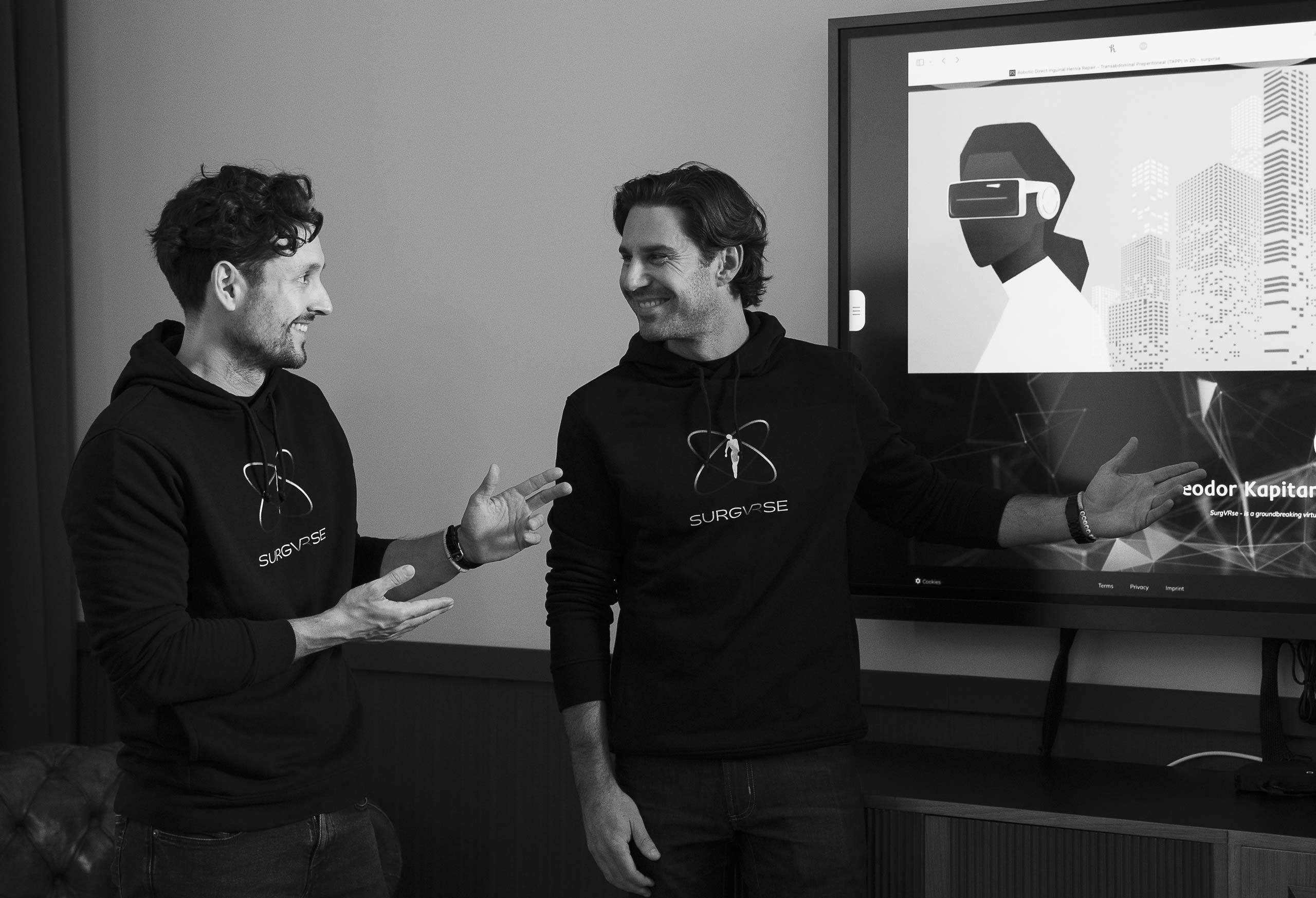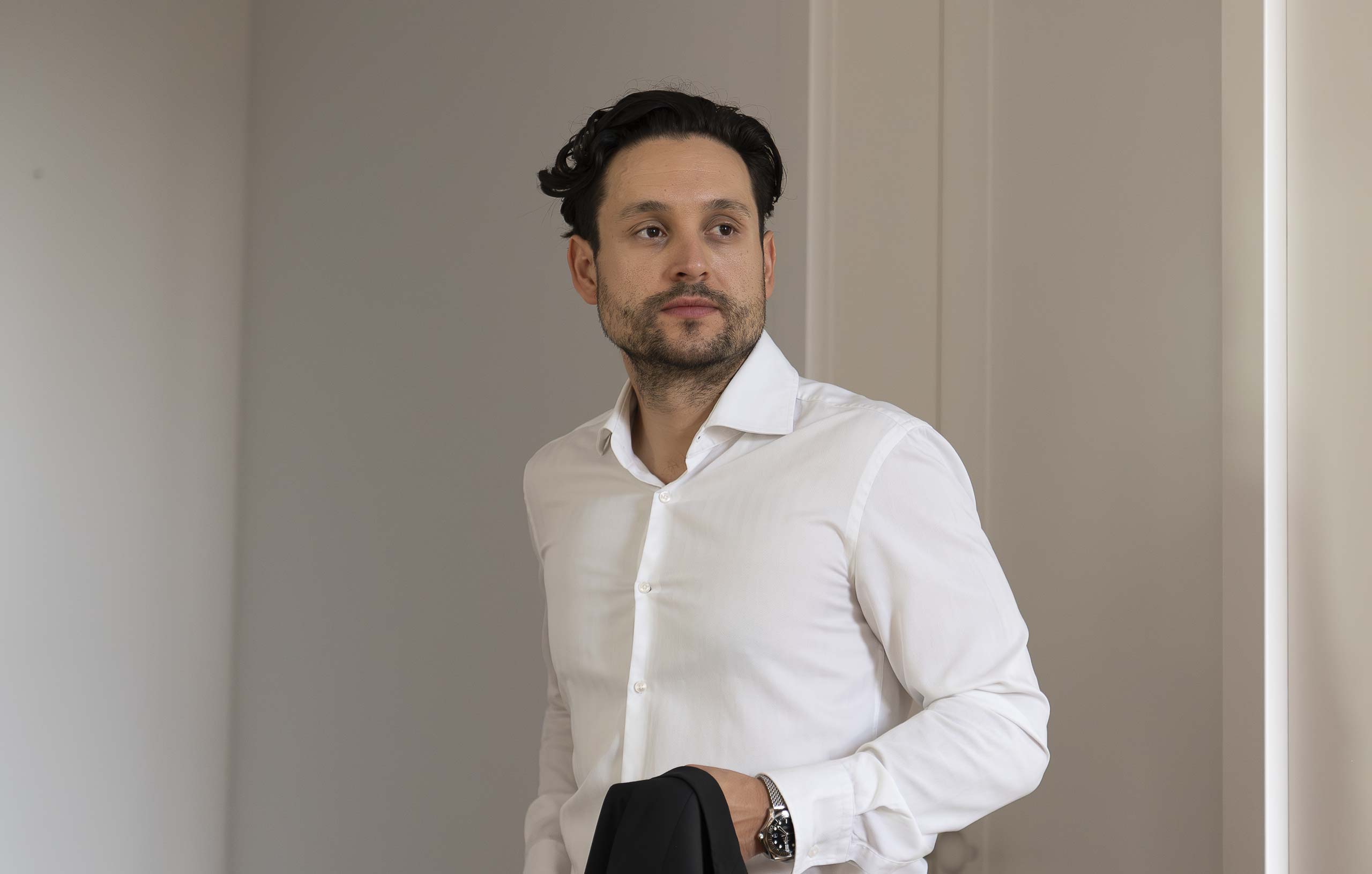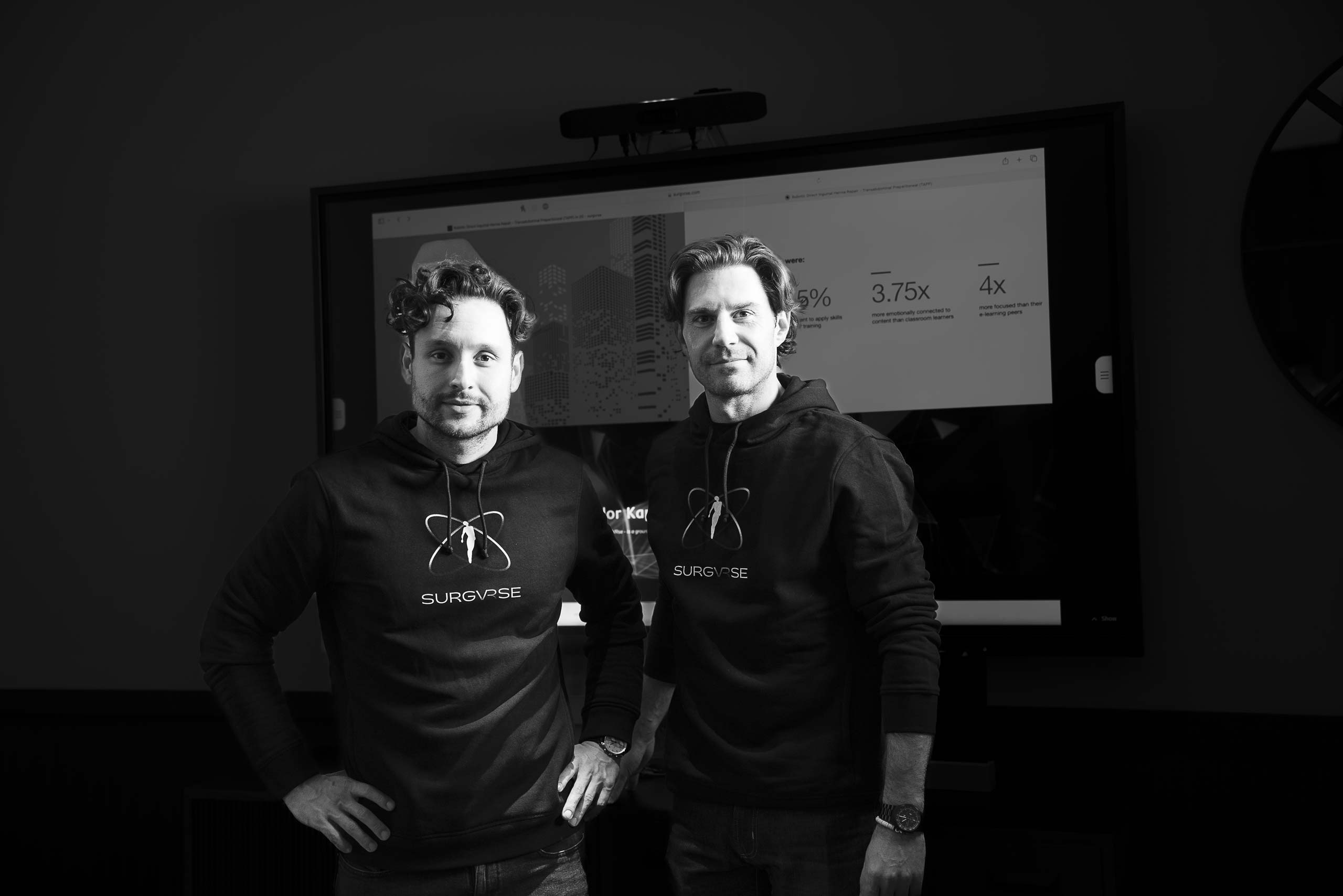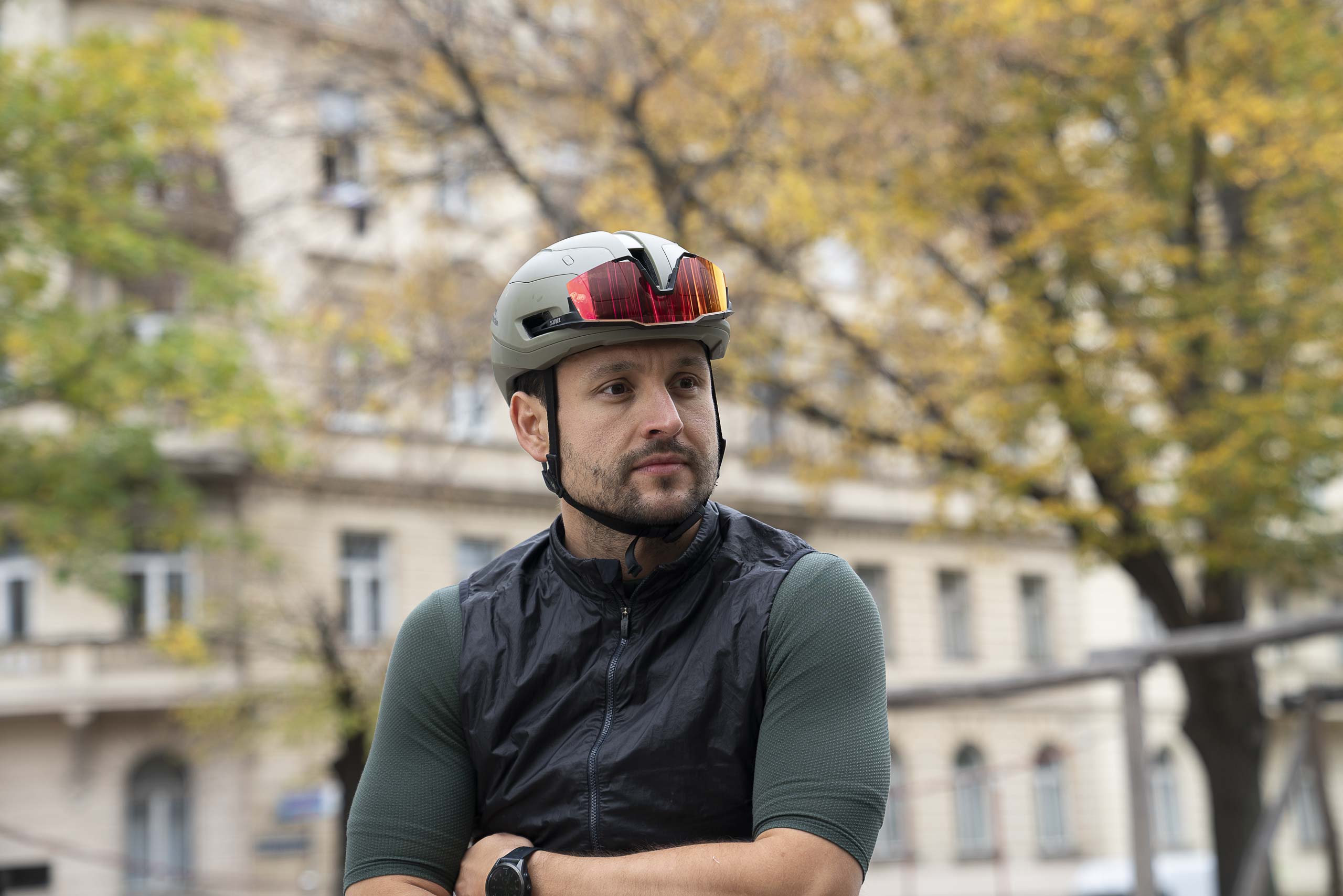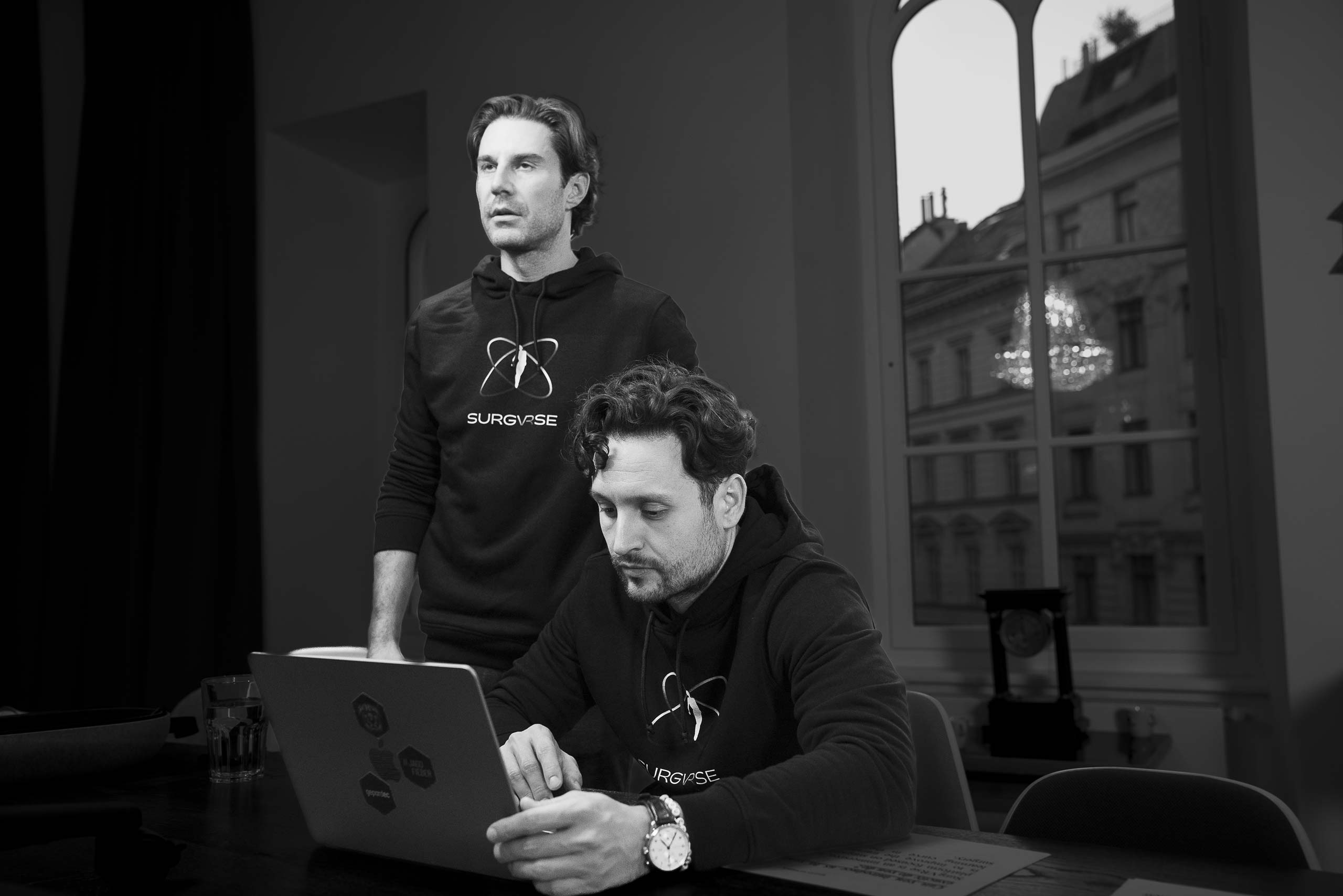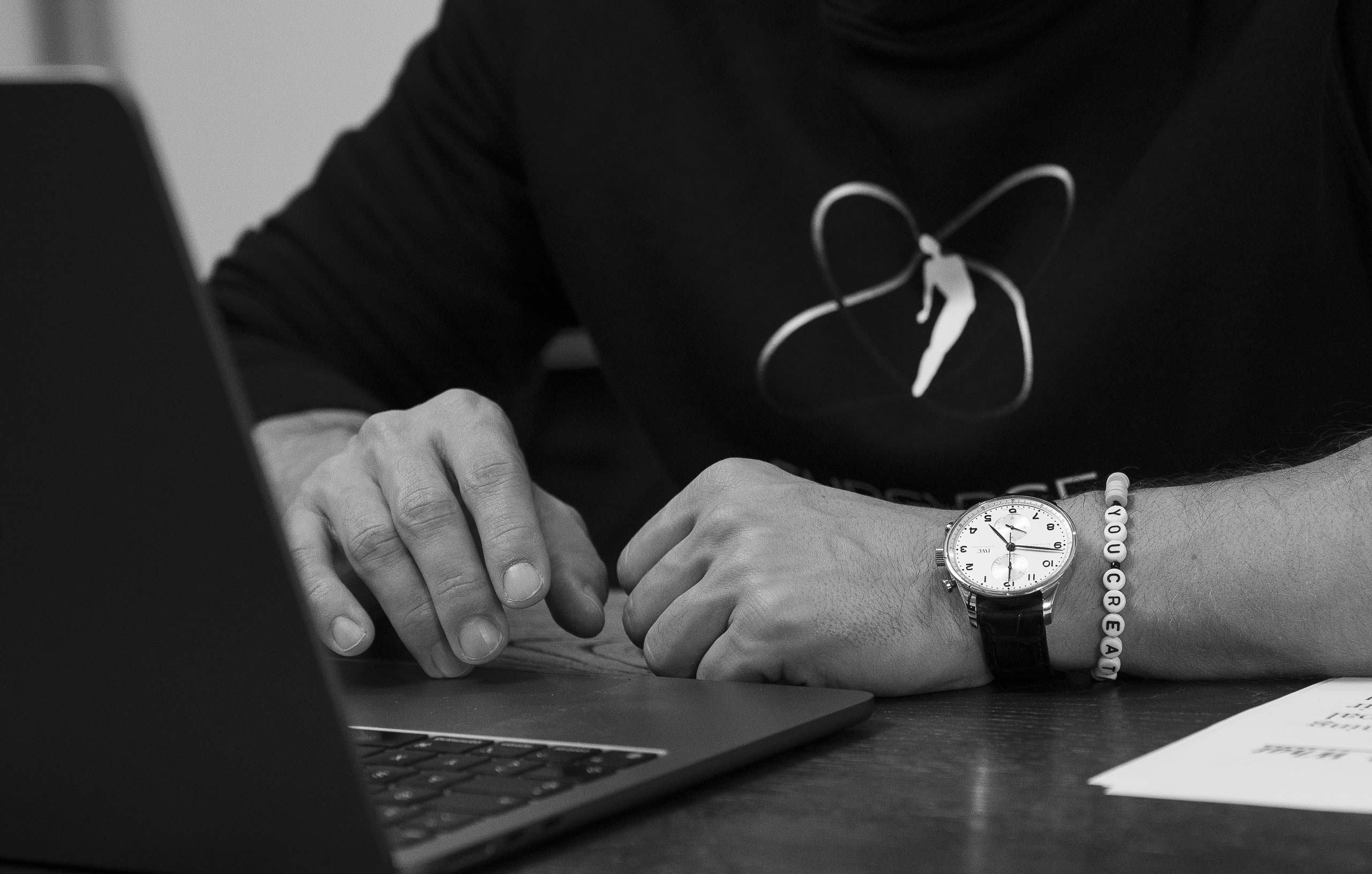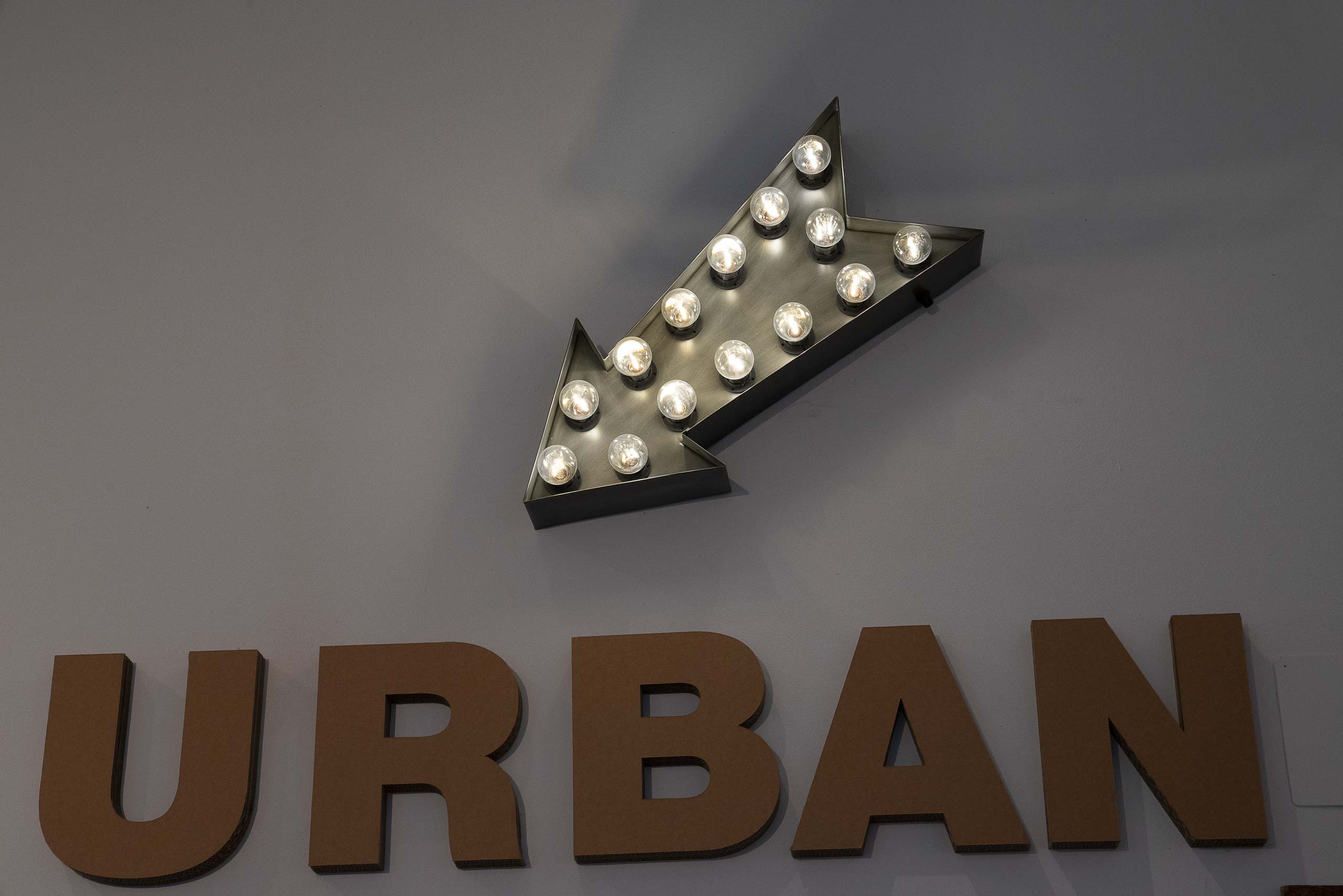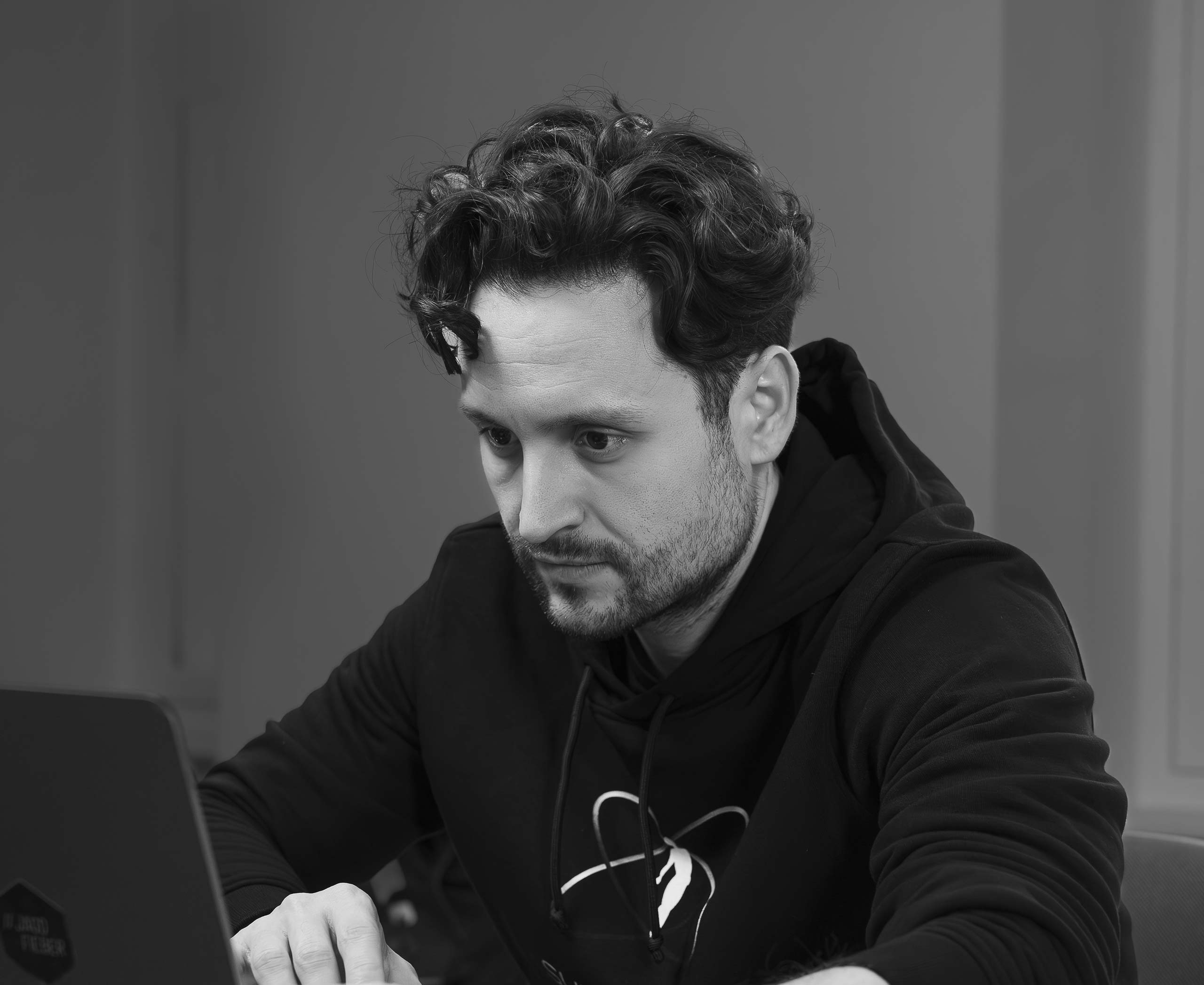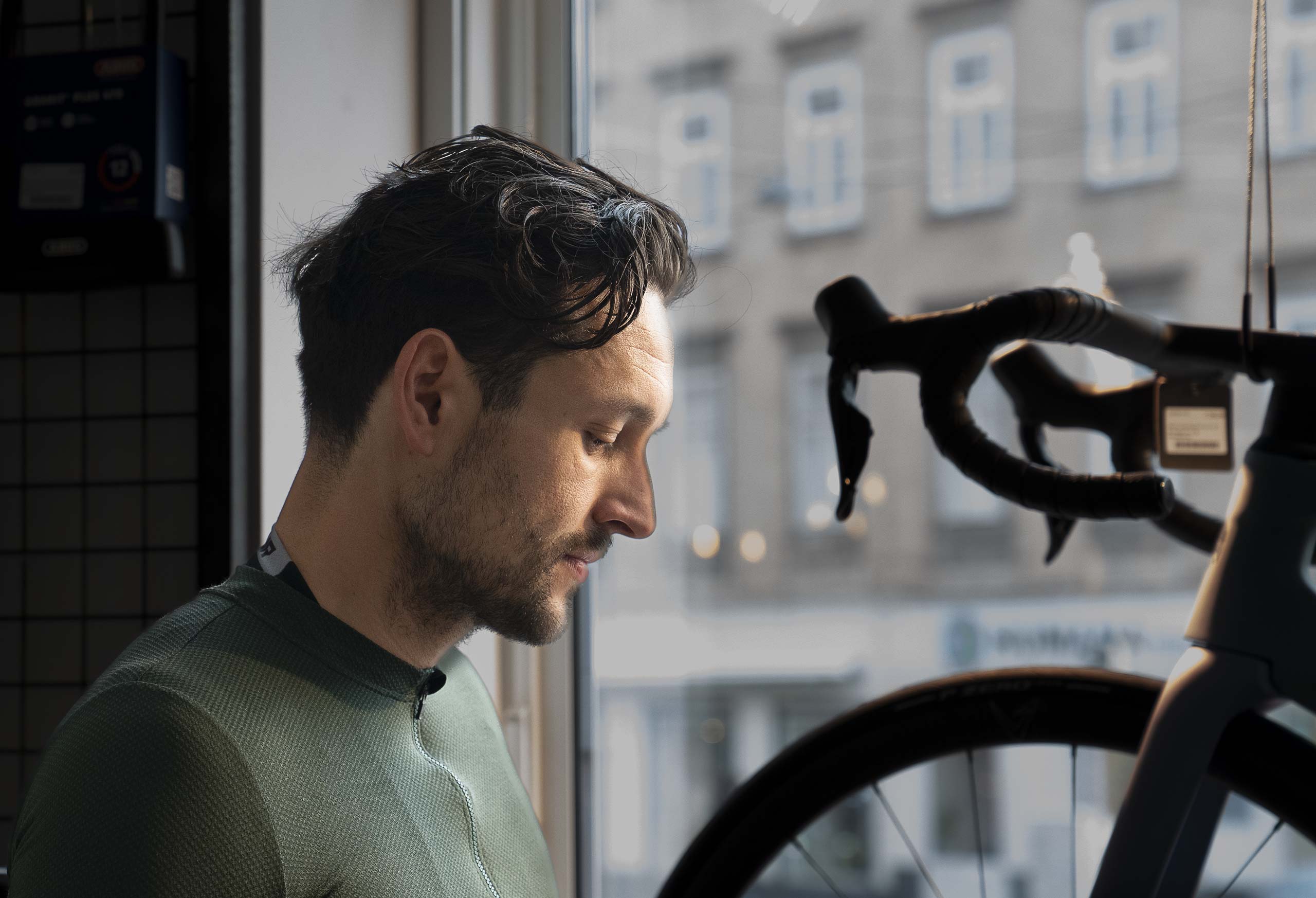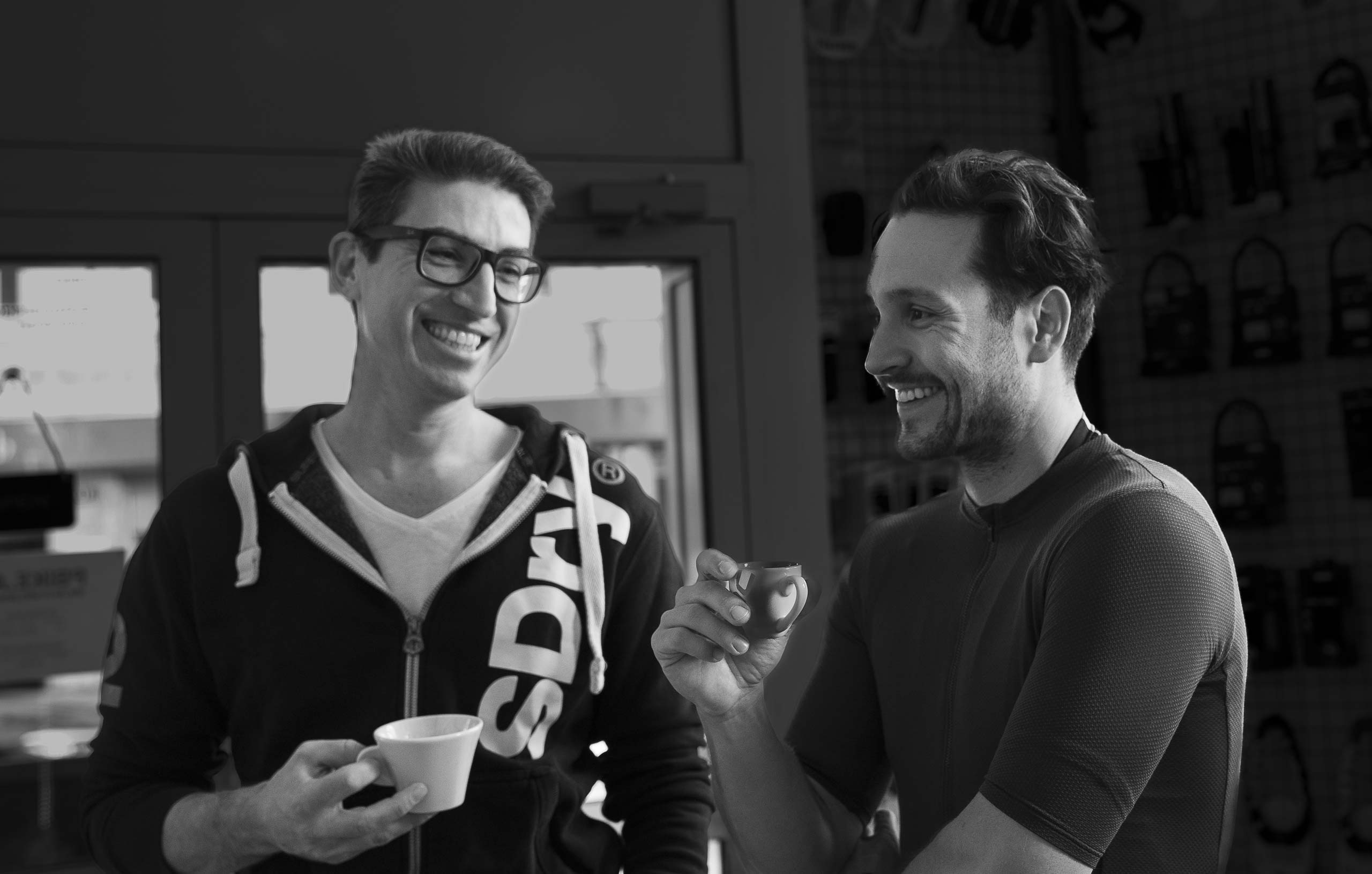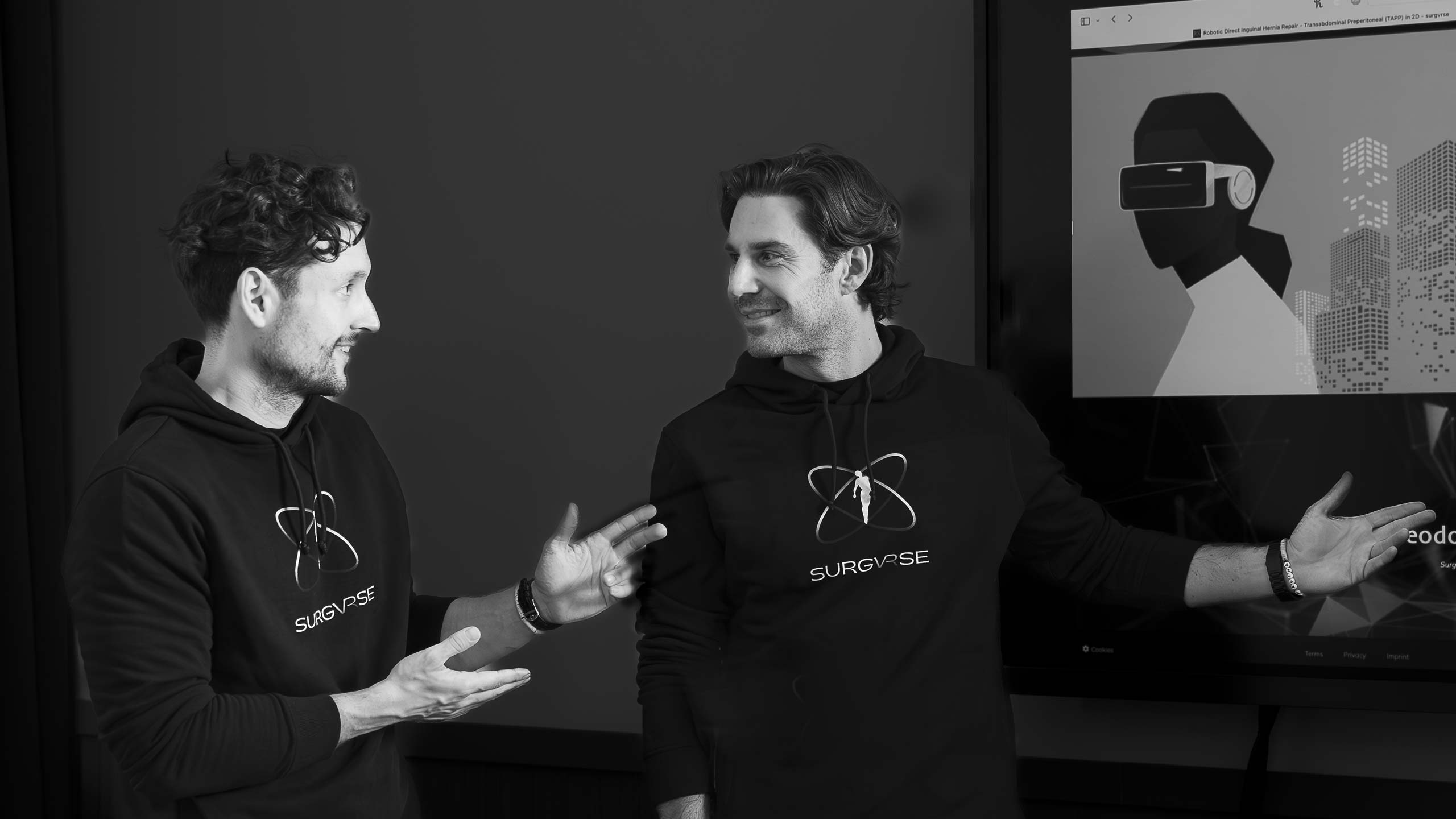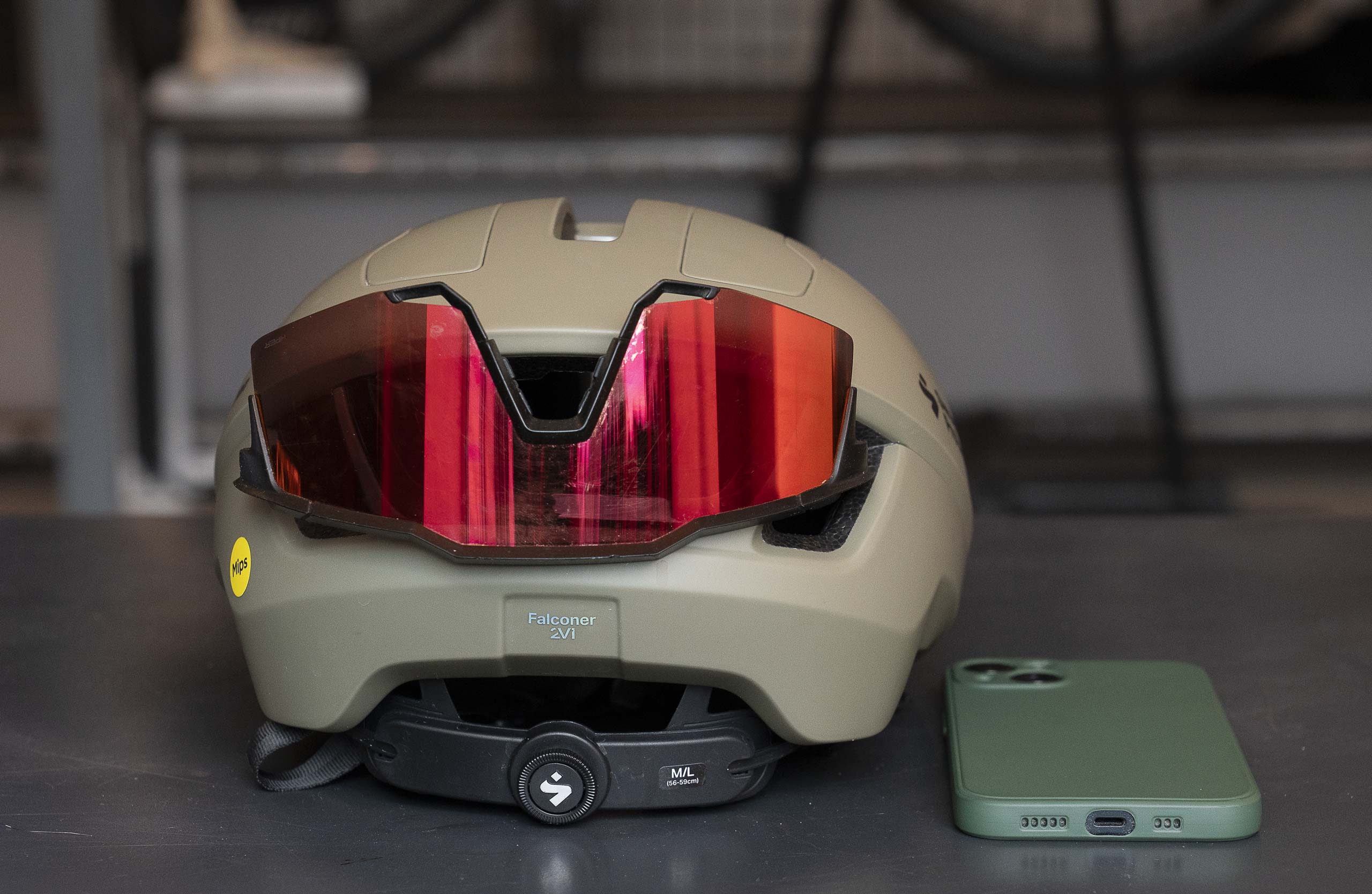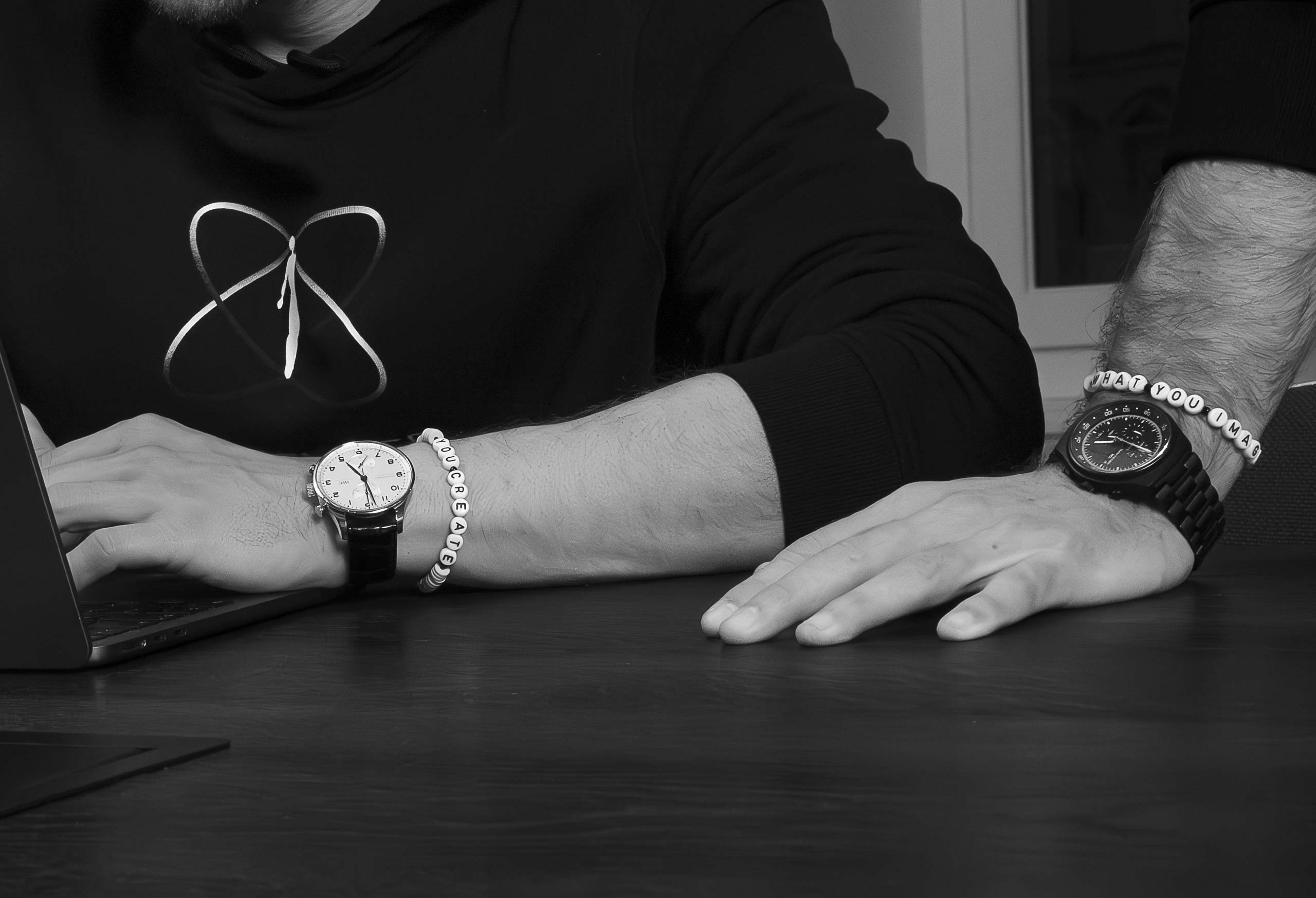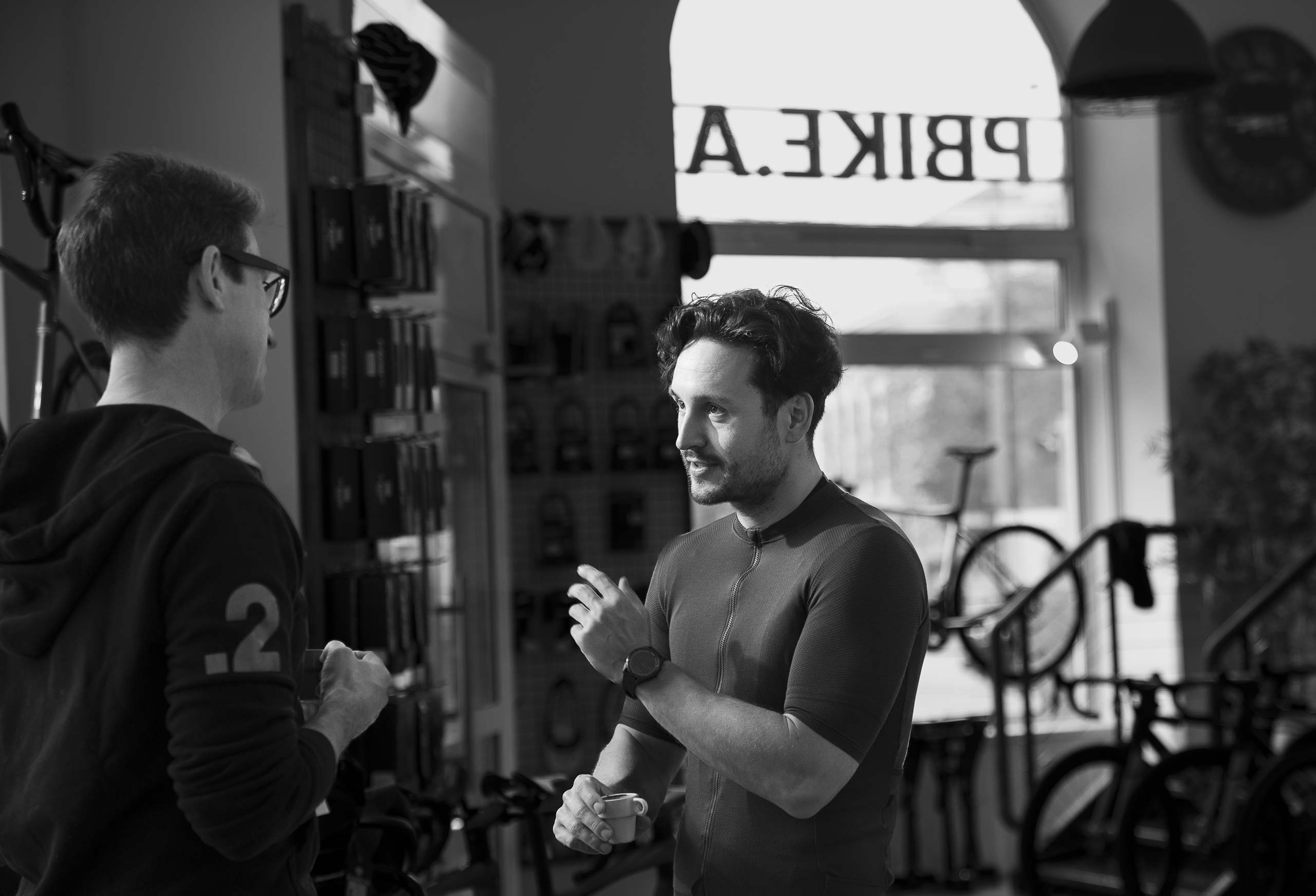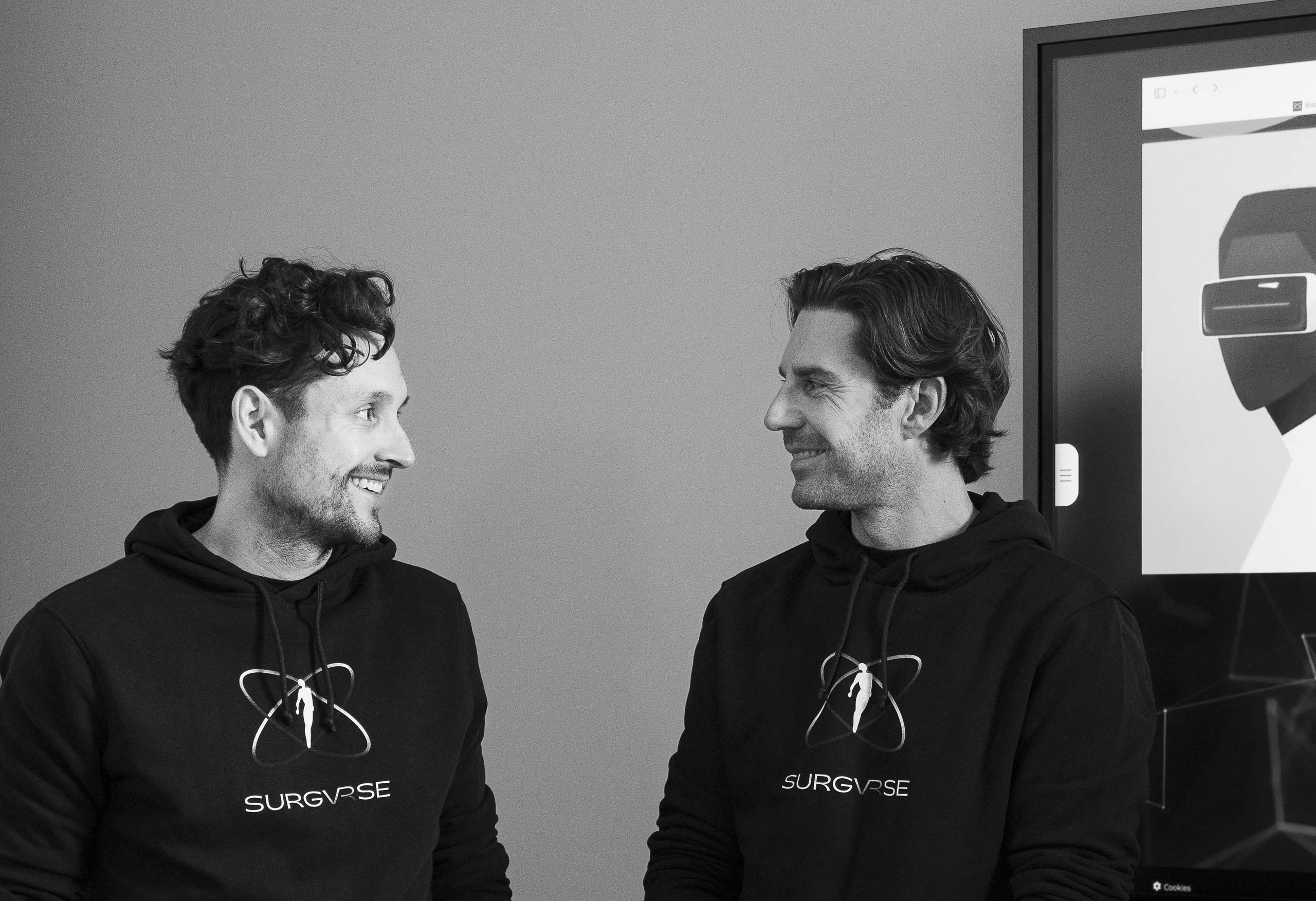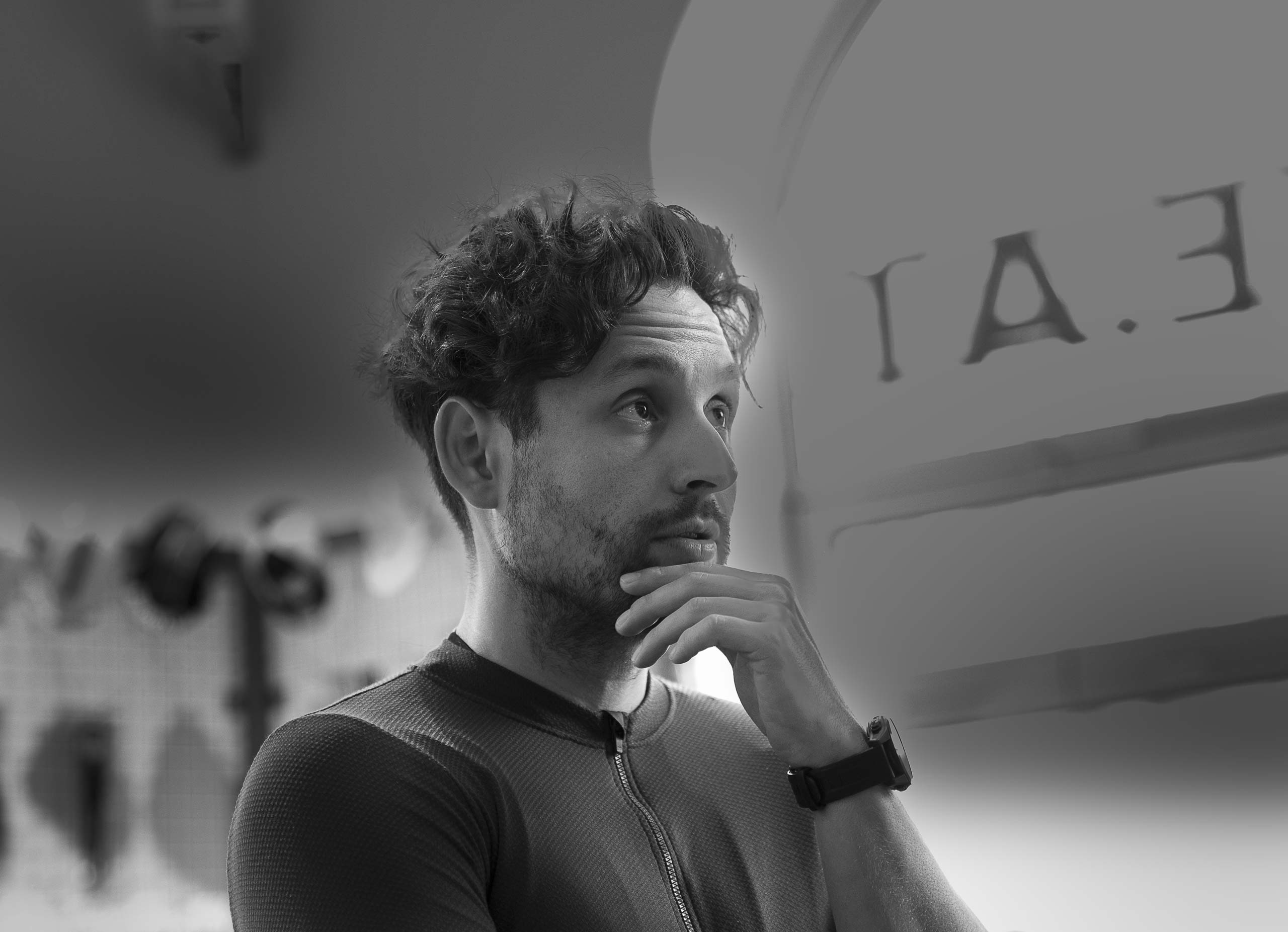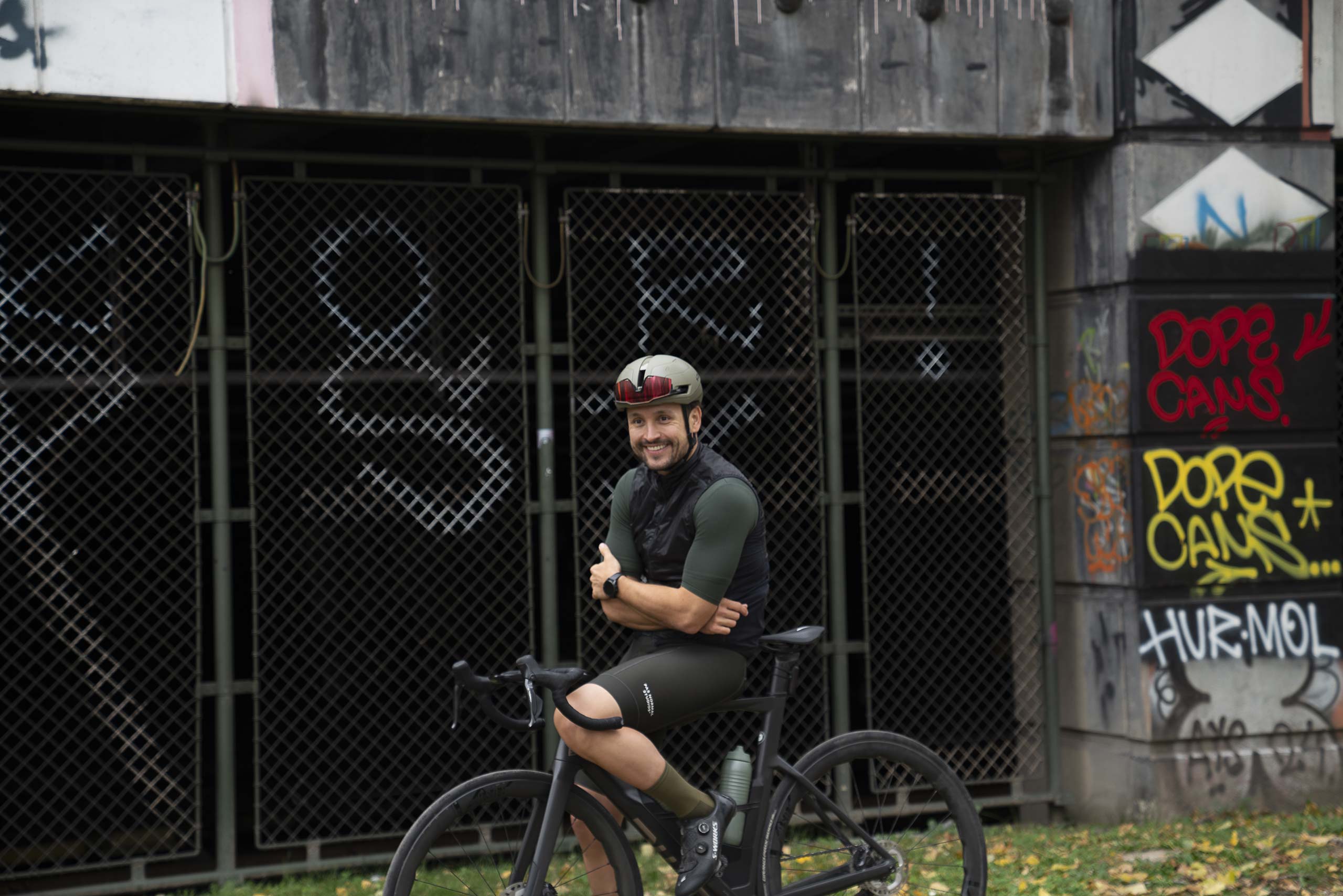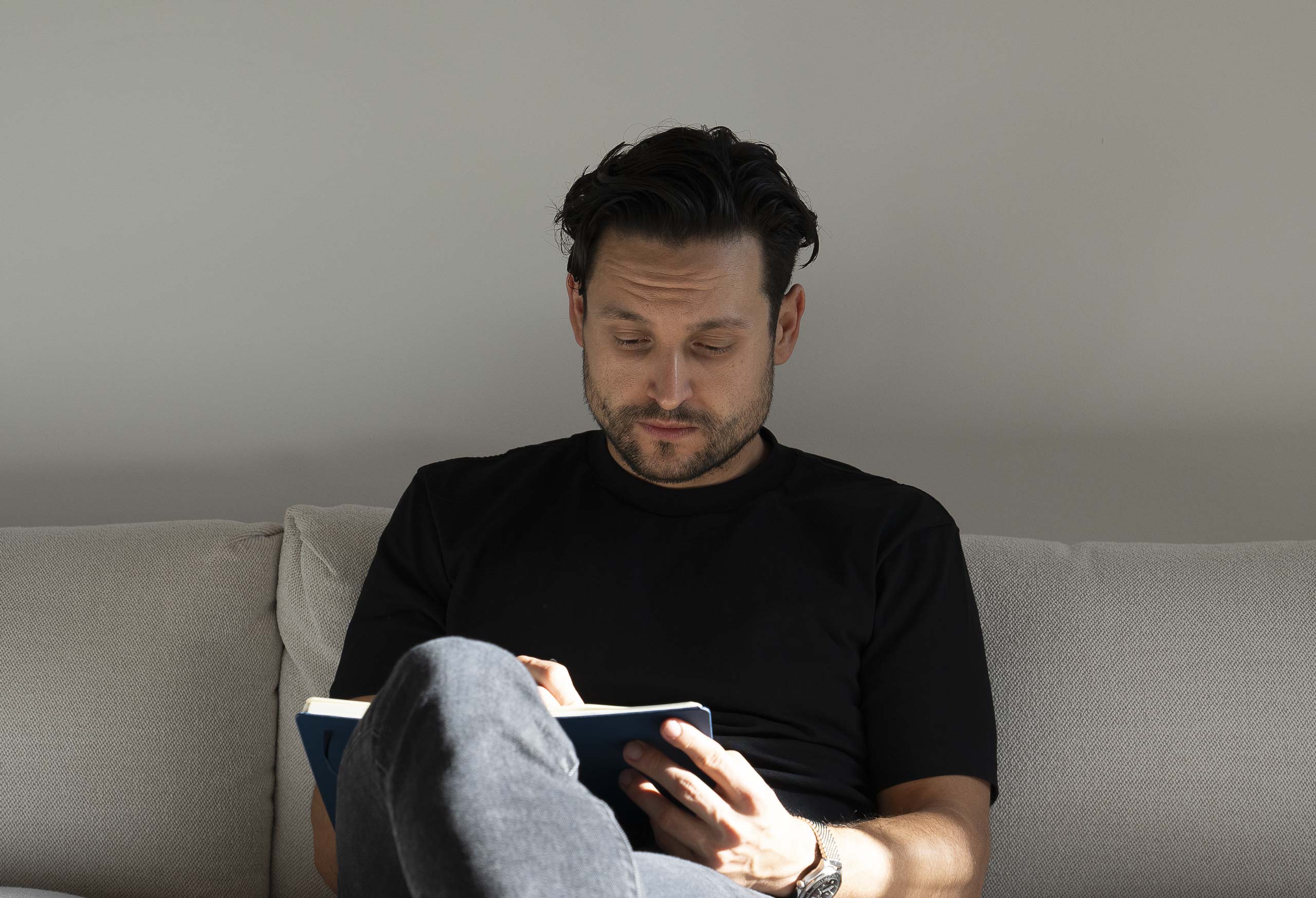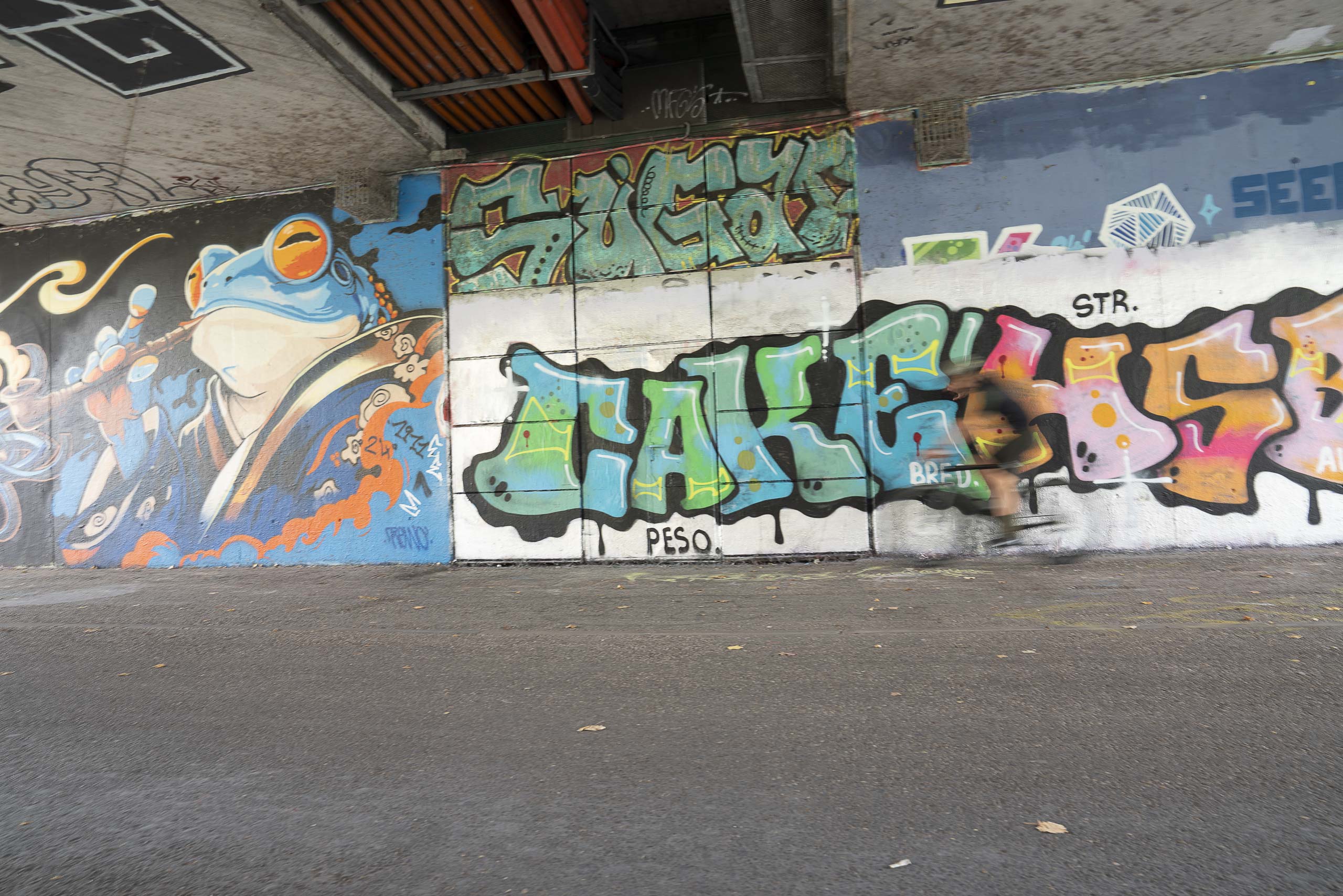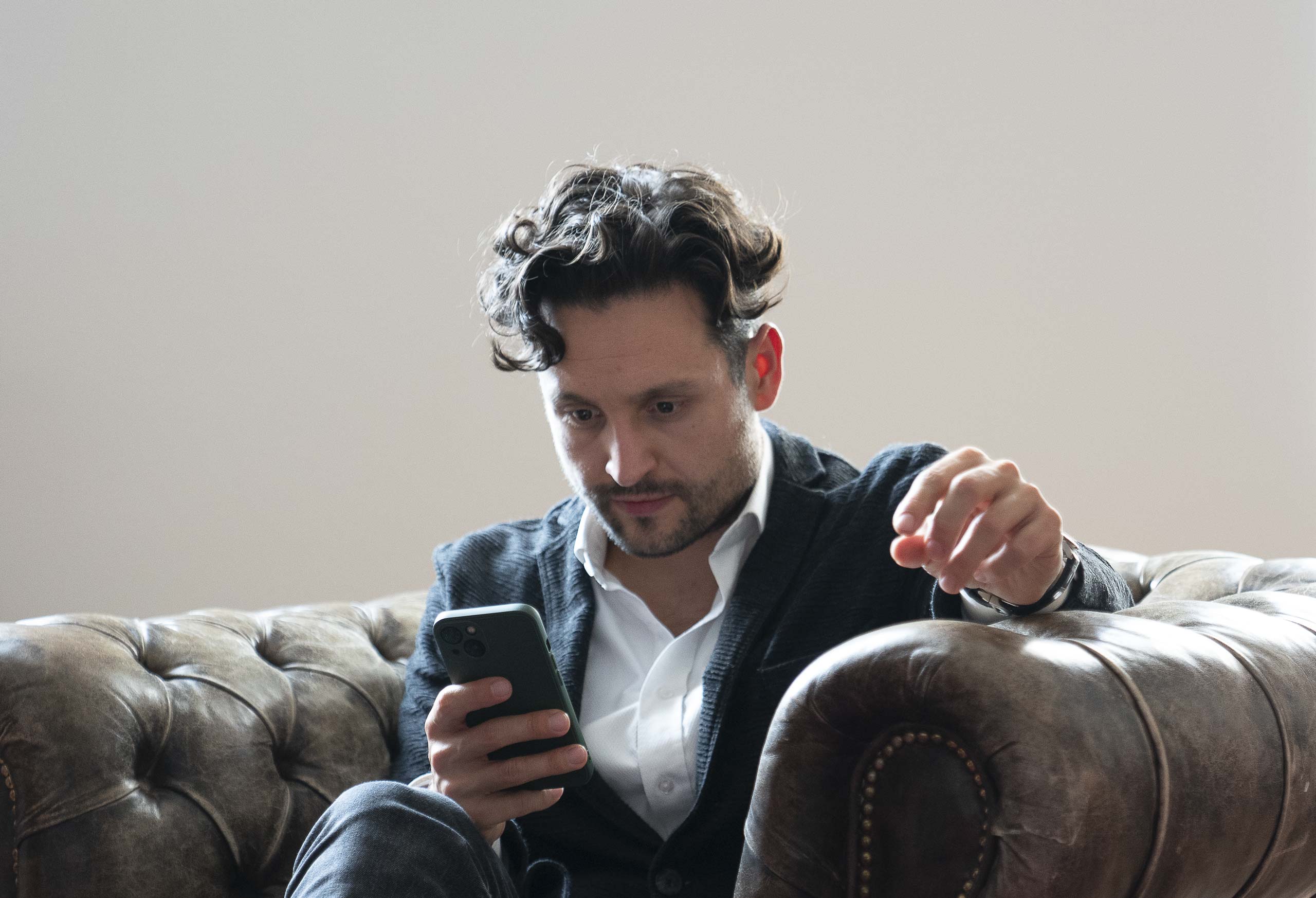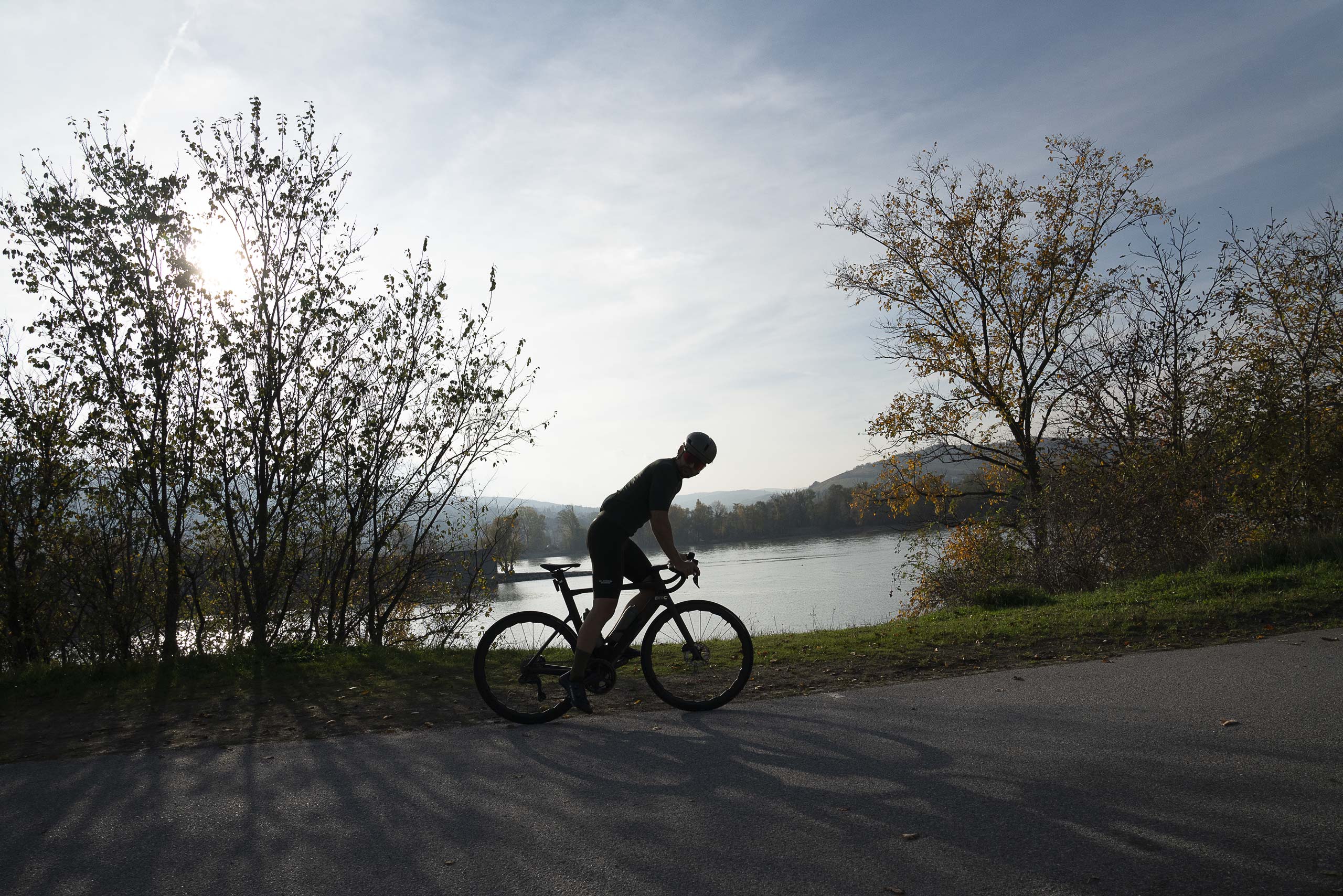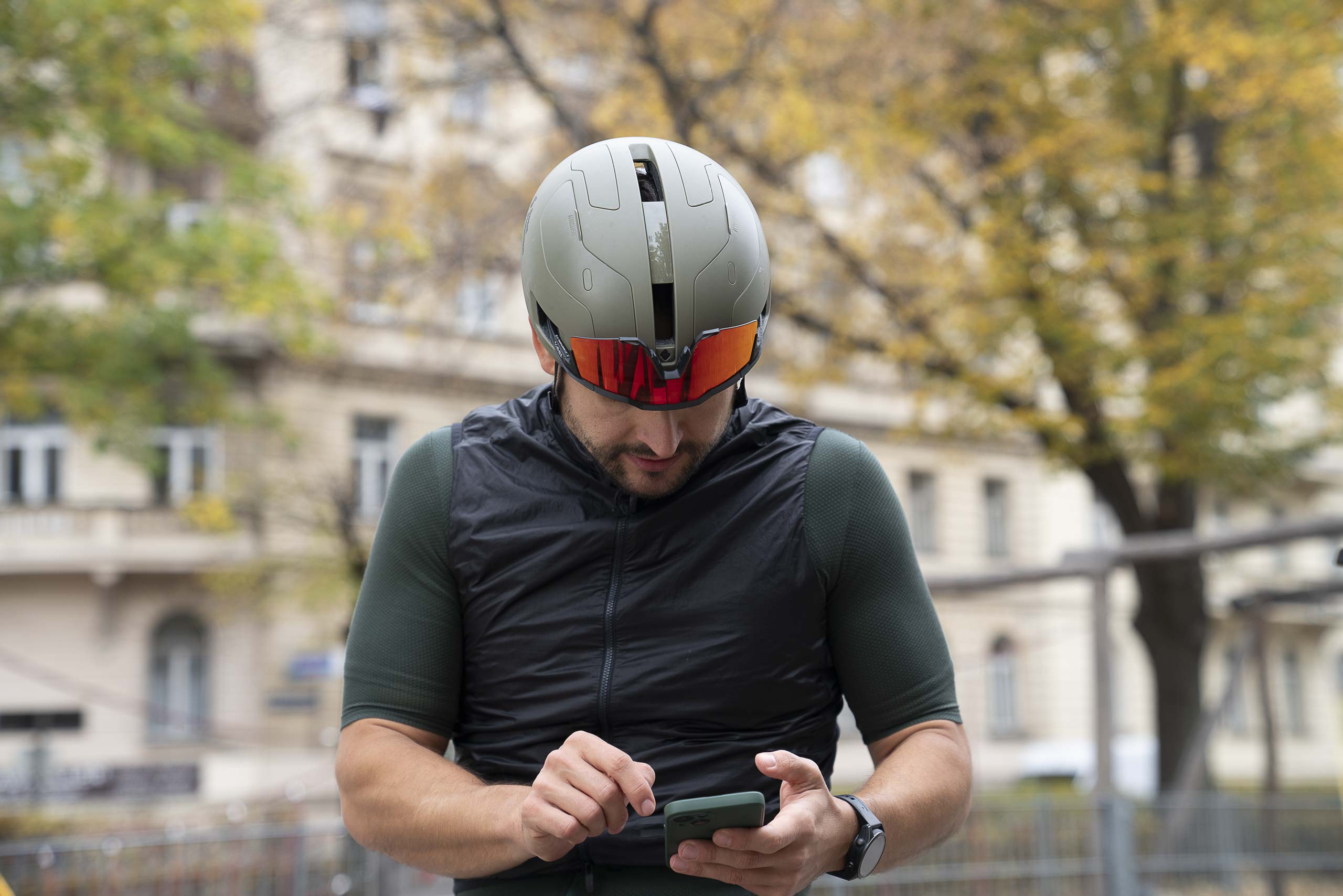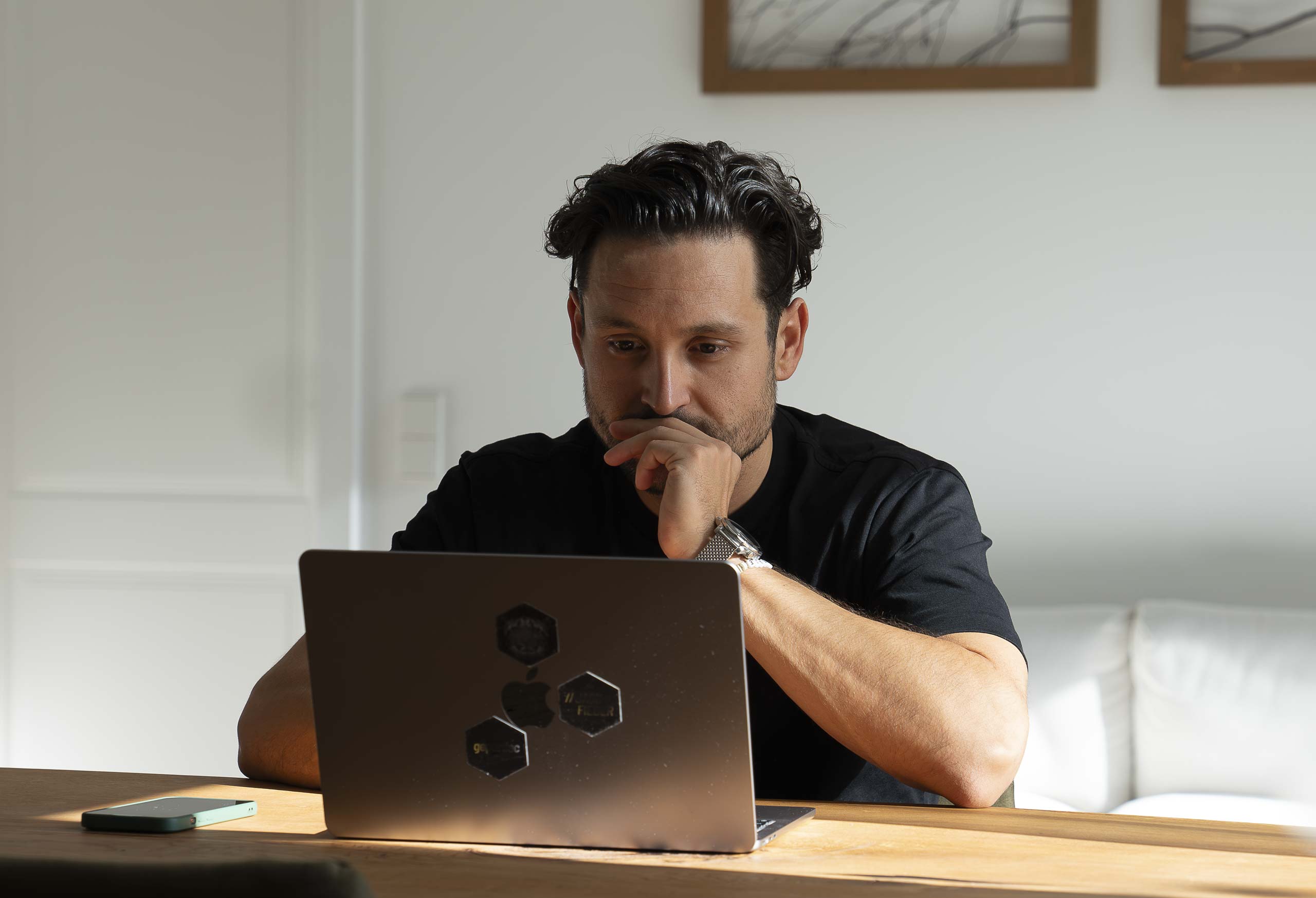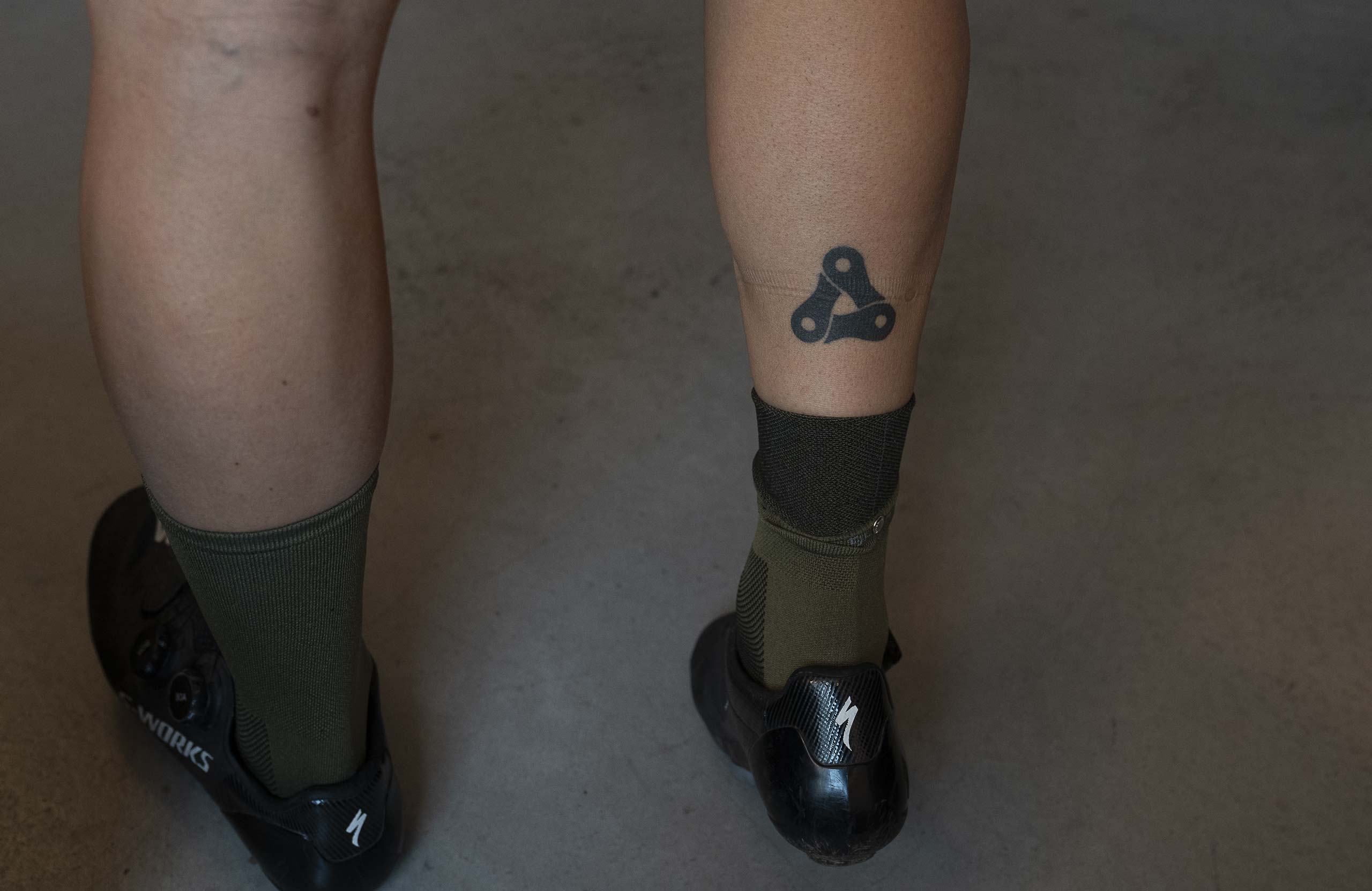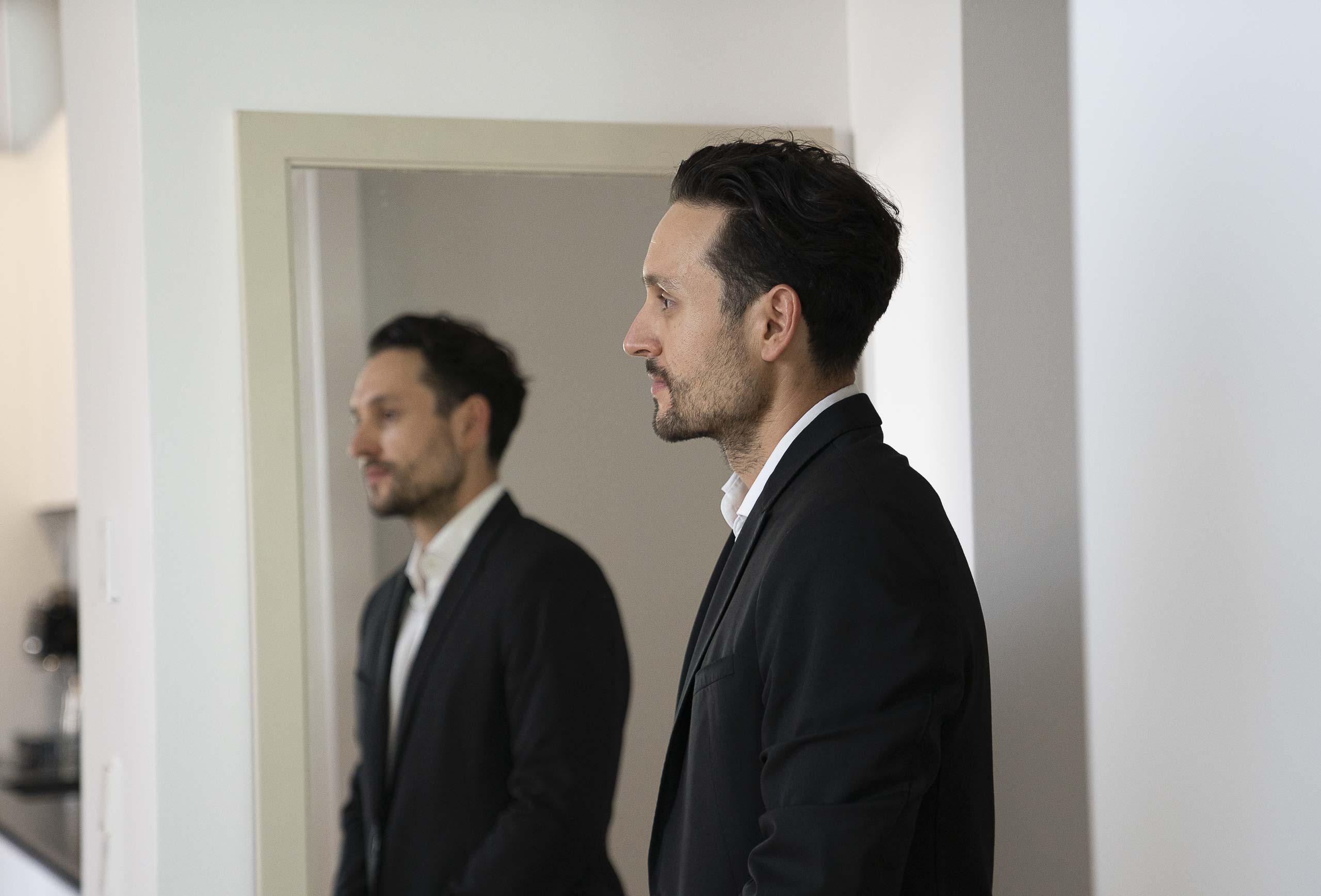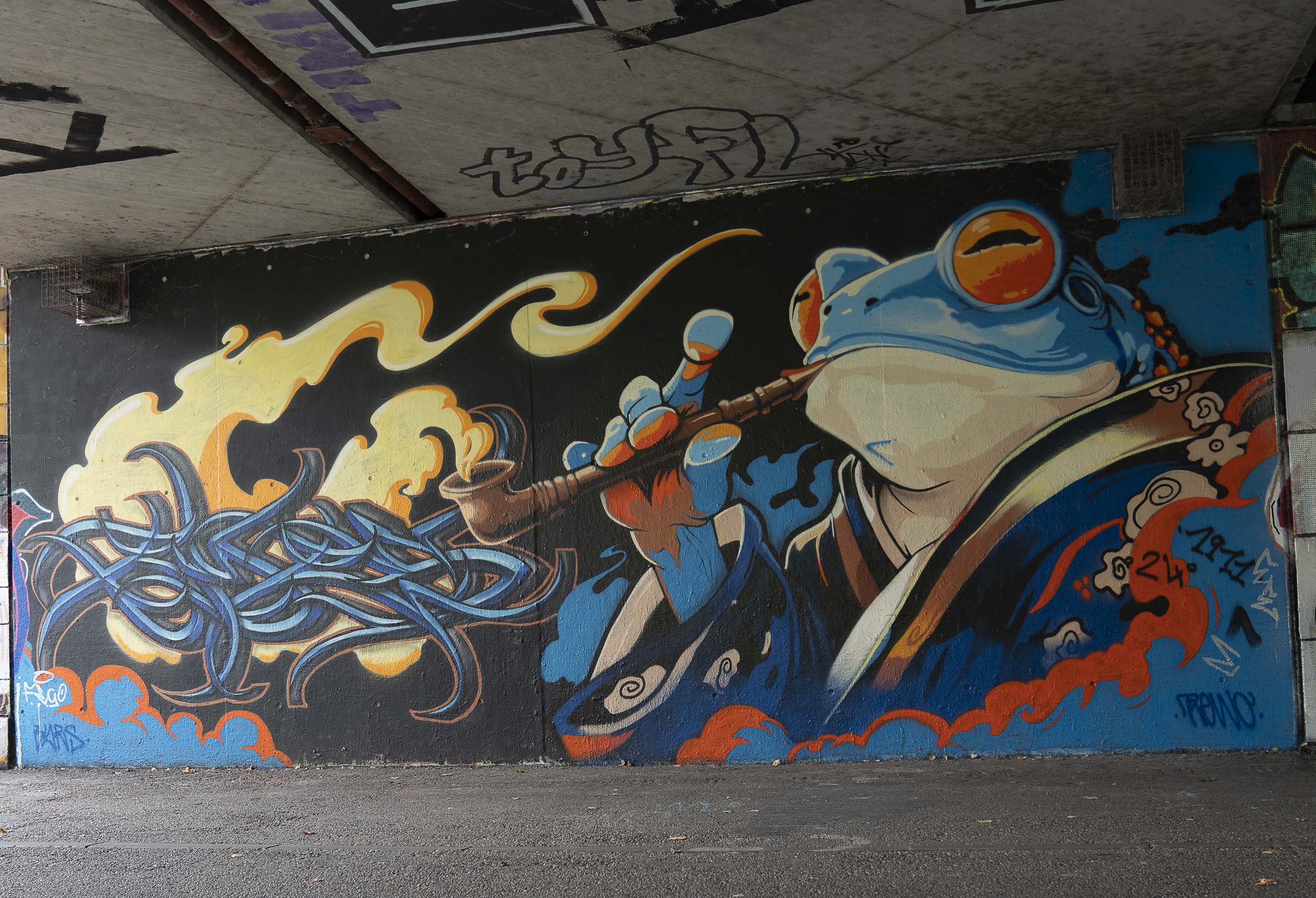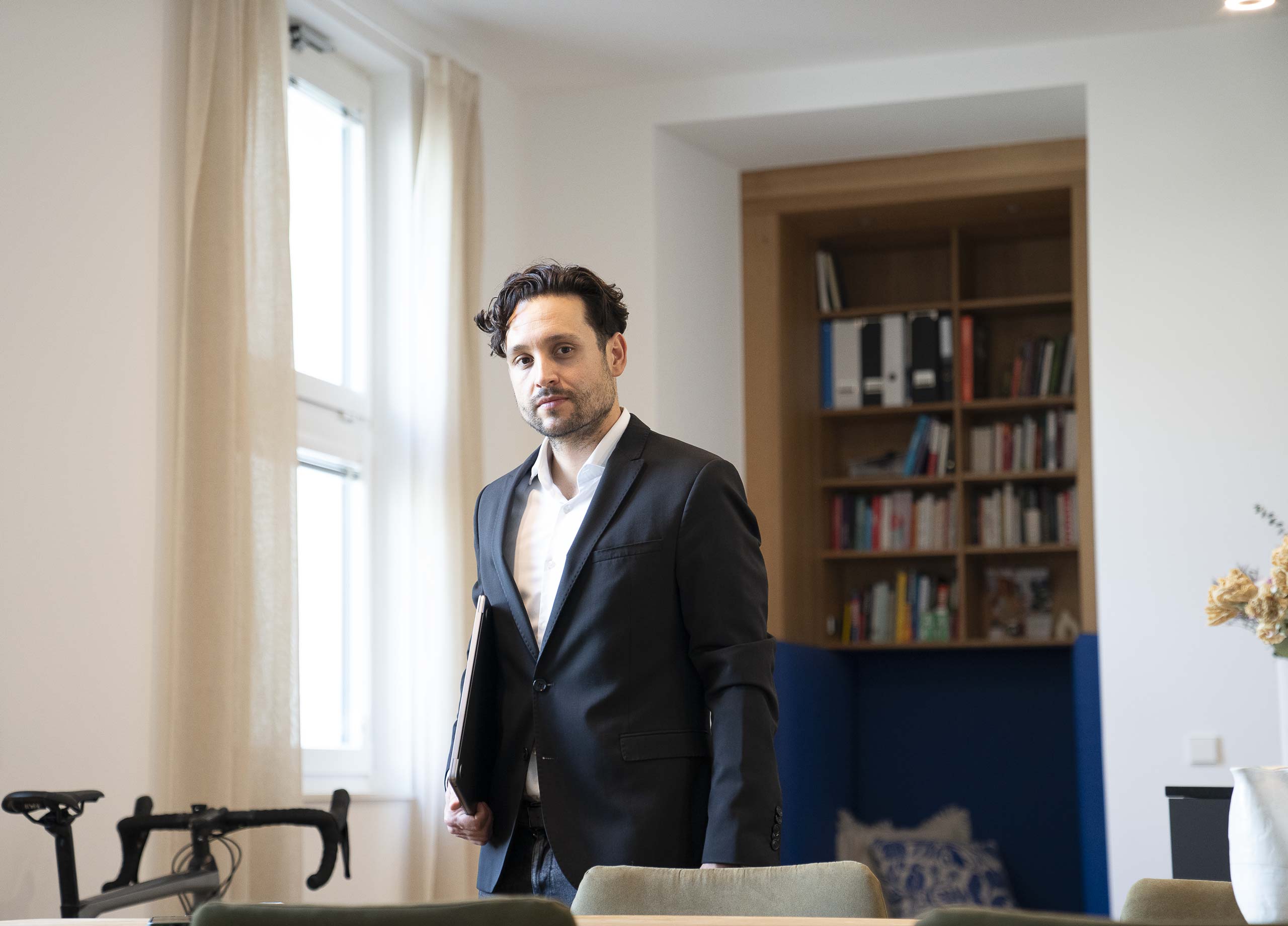Michael Maier
Michael Maier, born in Graz, relocated to Vienna after completing his initial studies in Energy and Environmental Technologies. He discovered his passion for consultancy, focusing on digitisation and innovation, before transitioning into the IT industry marketing.
This year, Michael founded SurgVRse, an immersive, user-friendly 3D e-learning platform for robotic-assisted surgical training. In addition to his entrepreneurial ventures, Michael is an avid cyclist who seamlessly integrates his passion for cycling with networking and business value.
Why do you think you are so successful?
I ‘m a good example of «ambition beats talent».
Most of the time, when I do something new, it’s not in my nature and I am not good at it. My performance is far off from the desired level.
When I set a goal, I want to reach it. I am very persistent, almost stubborn. But situations change and I have to keep my eyes open and adapt, because when you focus too much just on one goal, you lose track. I have to be alert and flexible.
I love to step out of my comfort zone, I like competition and I love to get better.
If it’s personal like health or fitness, I try new things in order to improve, which gives me a lot of satisfaction.
The feeling of being at the beginning of the next chapter, to have something new ahead, is pure joy.
My experiences in sports have taught me a lot that I can use in my business life. The first and I think the most important one is to train resilience. Hit by a failure or unexpected adversity resilient people manage to go on. They do not get destroyed, but resist.
But when you talk about the concept of anti-fragility, it’s not just about not getting destroyed. It is about getting even better when an external factor hits you. It is the same set up as our immune system has.
Anti-fragility is fundamentally different from the concept of resilience, it’s the ability to recover from failure or robustness, the ability to resist failure.
There is this difference between anti-fragile and robust and also resilient. Anti-fragility is beyond resilience or robustness. The resilient recovers from adversity and stays the same; the anti-fragile overcomes adversity and gets even better.[
People with anti-fragility get stronger.
Sports can help you with that, because you always experience setbacks, you lose track or things do not go the way you wanted.
You keep going and then at the end, most of the time you’re way happier than before.
Another important point is to find the balance between intensive training and resting. You can’t achieve good results without taking time for recovery.
Do you have a role model?
Not directly. I like to learn a lot from different successful people. Puzzling their strong points together.
For me, a person who is only successful in business, but is really losing ground on health, on relationships, on family and friends, is not successful.
I mentioned how important the balance between intense and relaxing periods in life, is. Maybe if I were to narrow it down to one person, I think it’s fascinating how Richard Branson is living his life.
Being so successful in his business life, having all sorts of different businesses, he still always manages to care about his family and enjoy with them the things they all like.
When you read his biography, he’s picturing his days doing business, but then also connecting with his family, friends, maybe getting to know new people and inviting them to his island.
Do you get any impact from nature?
I have to say I’m a city person, I really love living in Vienna.
I do not want to live somewhere remote in the mountains and only live my life there.
But I am also a person who really, really loves to stay in the mountains for holydays. I have loved skiing since my childhood. That’s something that gives me energy and I really enjoy it.
I love to have both, that is the best thing that can happen to me.
Or when I cycle along a coastline where I can see the sea and feel the breeze from the sea with its scents and the warm wind blowing on my skin.
That’s what I really love, and I feel connected to nature.
Do you have a utopia?
When you take a look at the big global problems, you can get confused or even depressed.
I’m quite a pragmatic person, in my view, it’s better to really focus on your own environment and especially your area of possible impact.
The possibility to make an impact is the most important point for me.
I want to have impact and always try to find out where my field for impact really lies and where I can change something for real. I just go on and on and do not lose faith.
Rather, doing achievable things right instead of talking about a utopia that will never have a chance to happen and will remain an unachievable vision.
I think we have to find practicable solutions and bring them to the market. They also need to work economically, not only ecologically. Because otherwise it is not sustainable in terms of how it can be done for companies. We are living in a capitalistic system.
Especially for Europe, I really hope for us all that in the next decades we will still manage to keep our democratic system alive, and the wars can be ended.
The most important thing for me as an individual are the bonds between me and the people around me.
I try to be there for the people that matter to me, and they know it and rely on me. I try to take care of them in situations when they need it most.
I also truly believe that it is important to be honest and transparent and reliable, on both sides. We have to treat each other with respect and fairness.
I think that is how we work best together. We are social creatures, and we depend on each other. And that’s why I try to be around people that think similarly.
I have also learned that you have to step in the shoes of others from time to time. I think if everyone does a bit more of all this, the world will be a better place. I do not always manage to live up to this, but you have to start to make a change.
I always try to reflect on myself and also how I come across to others so I will get better and better.
